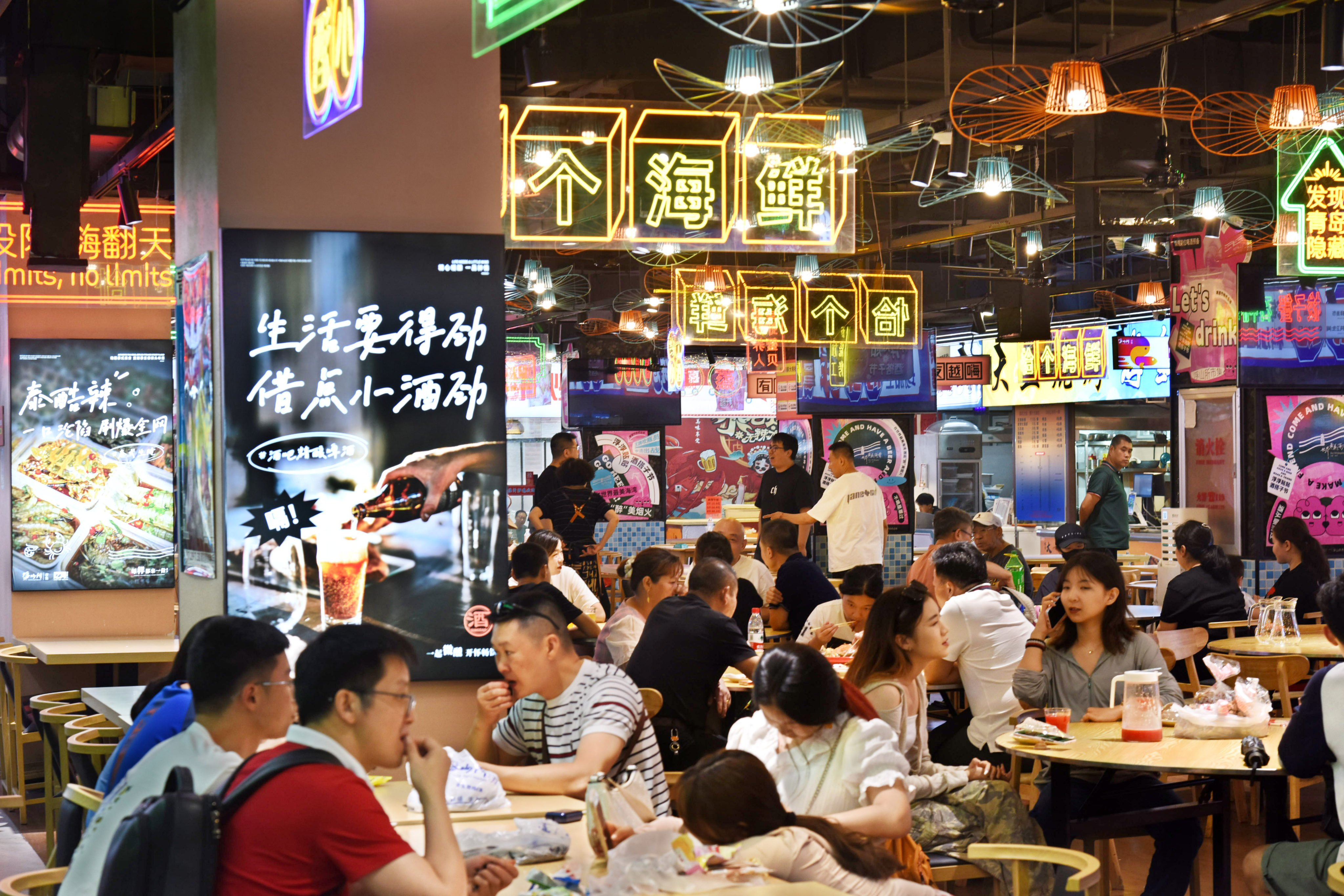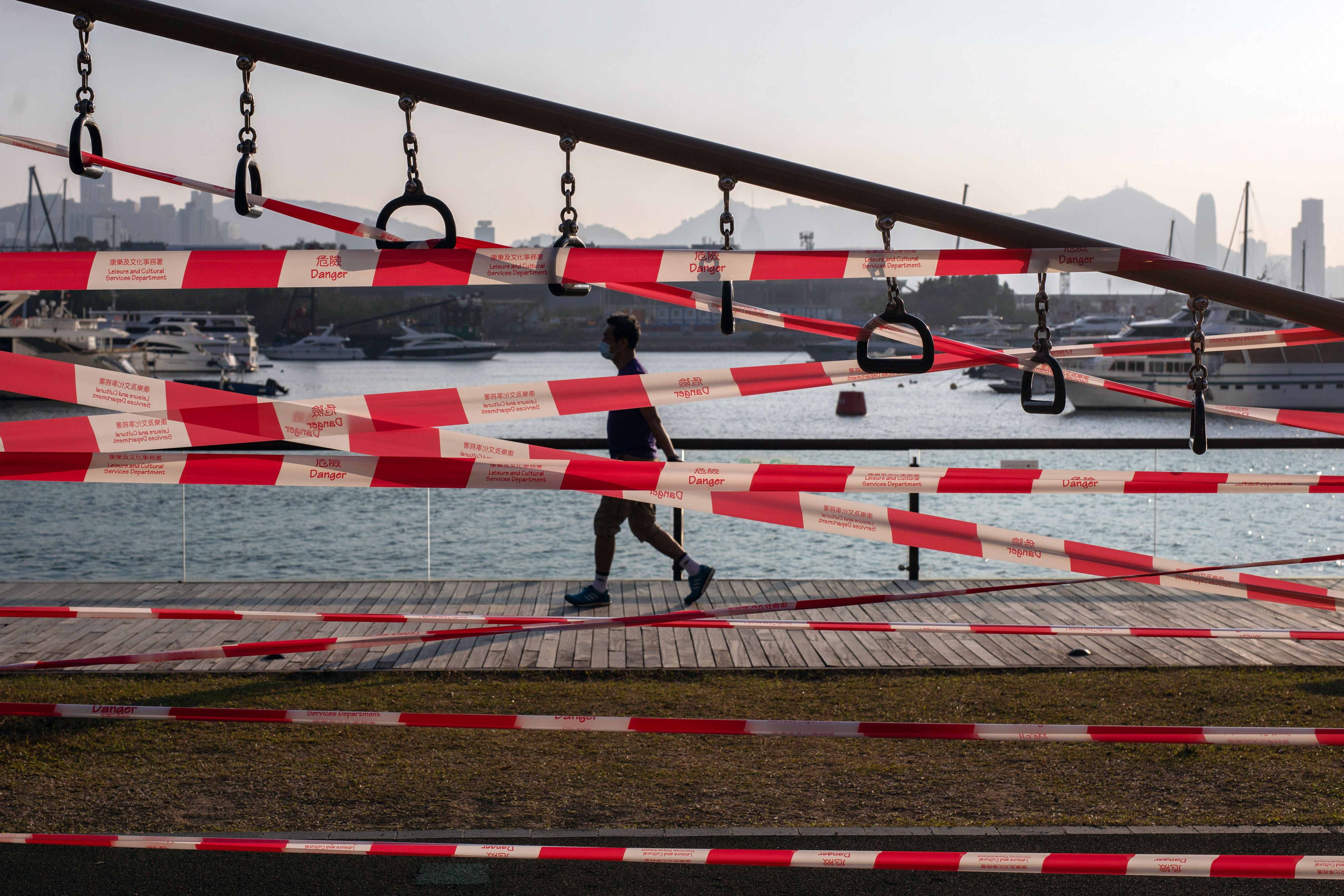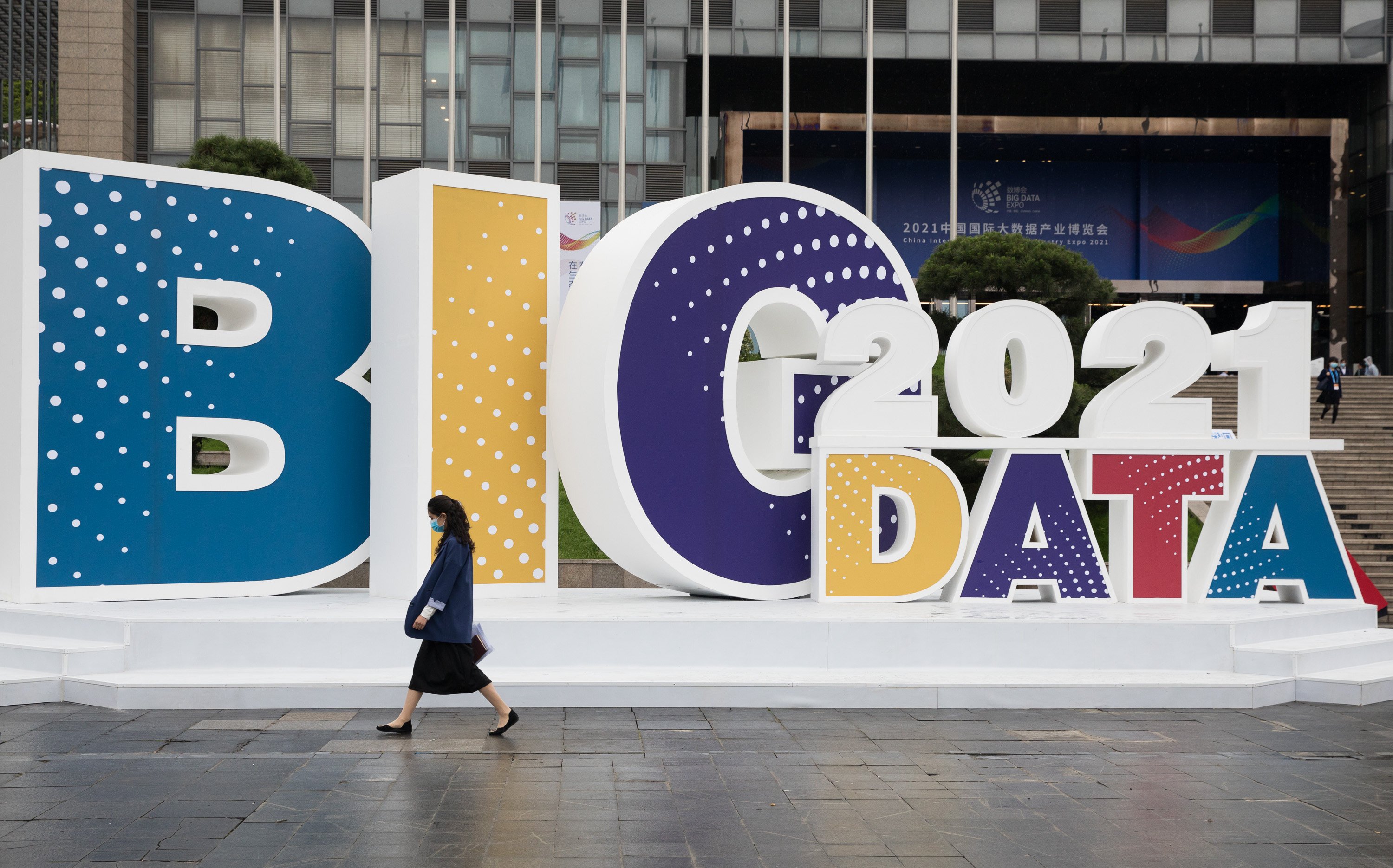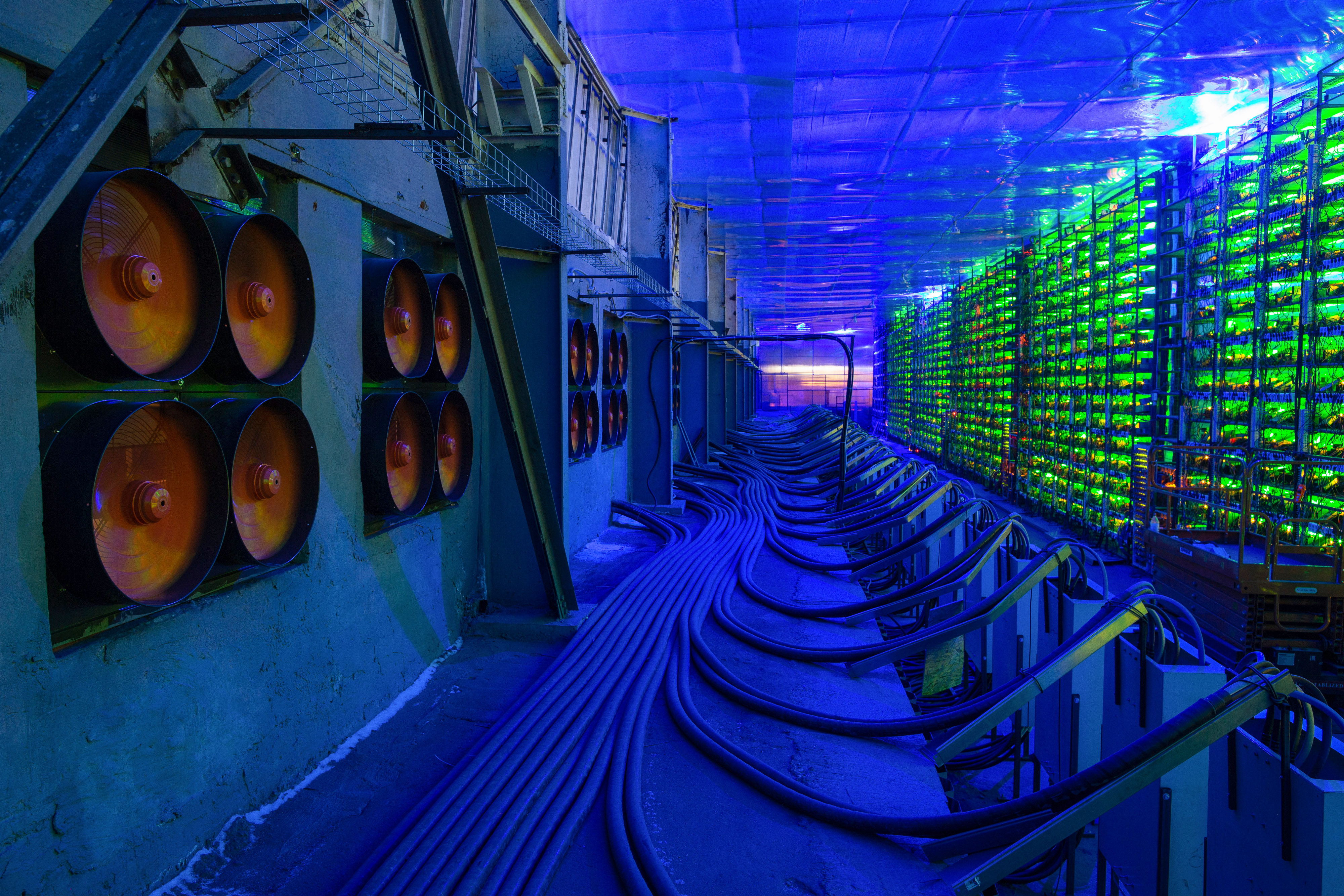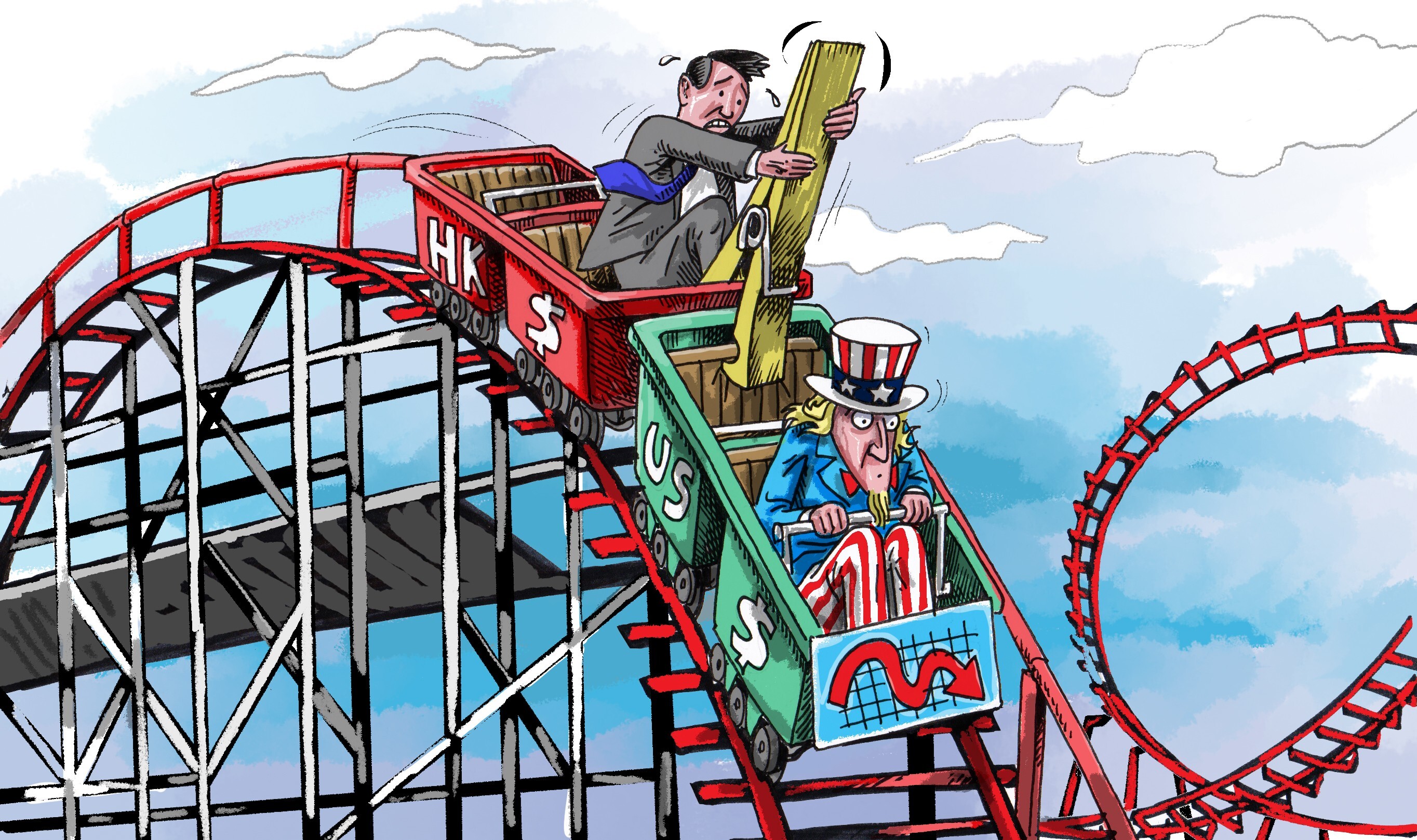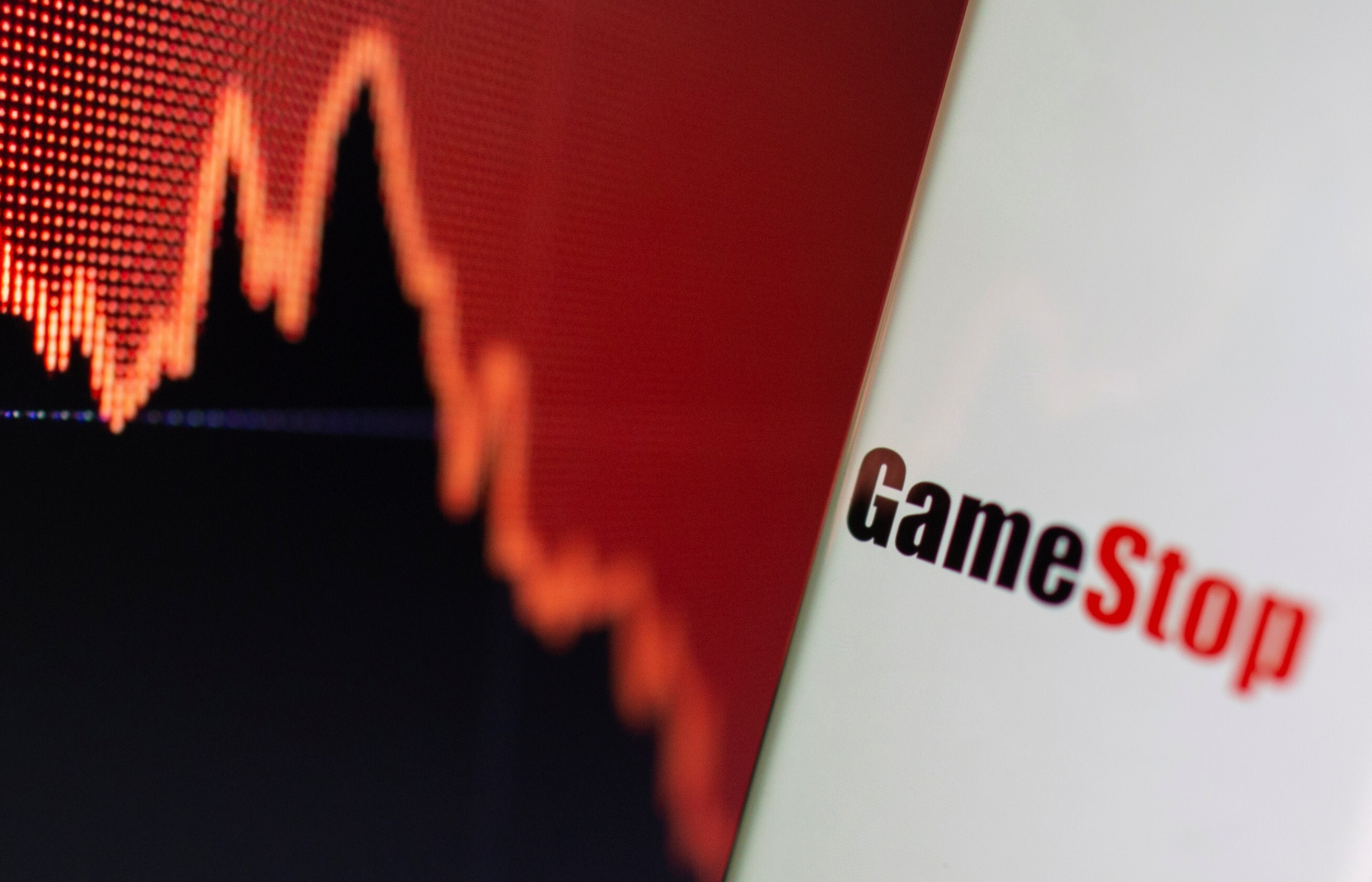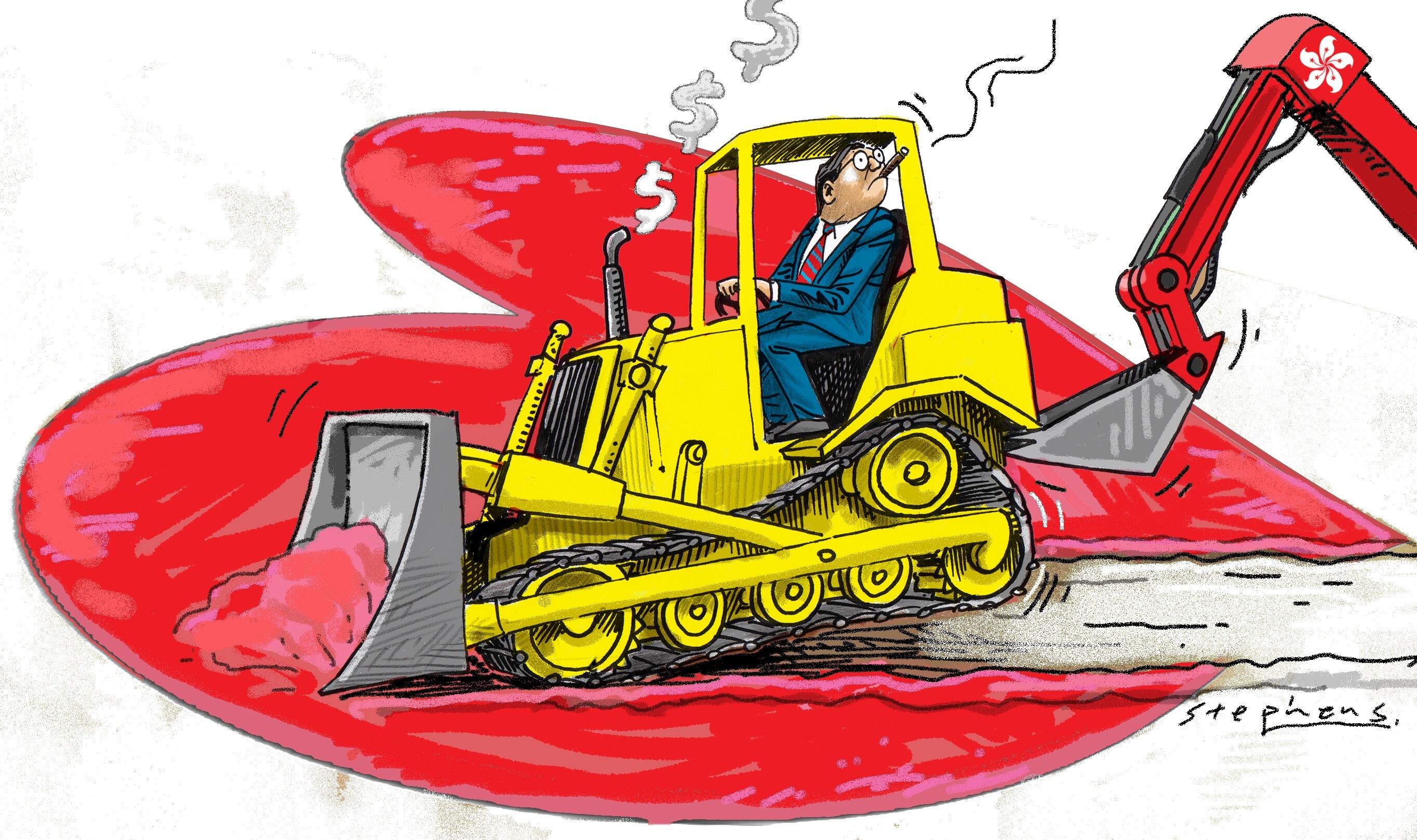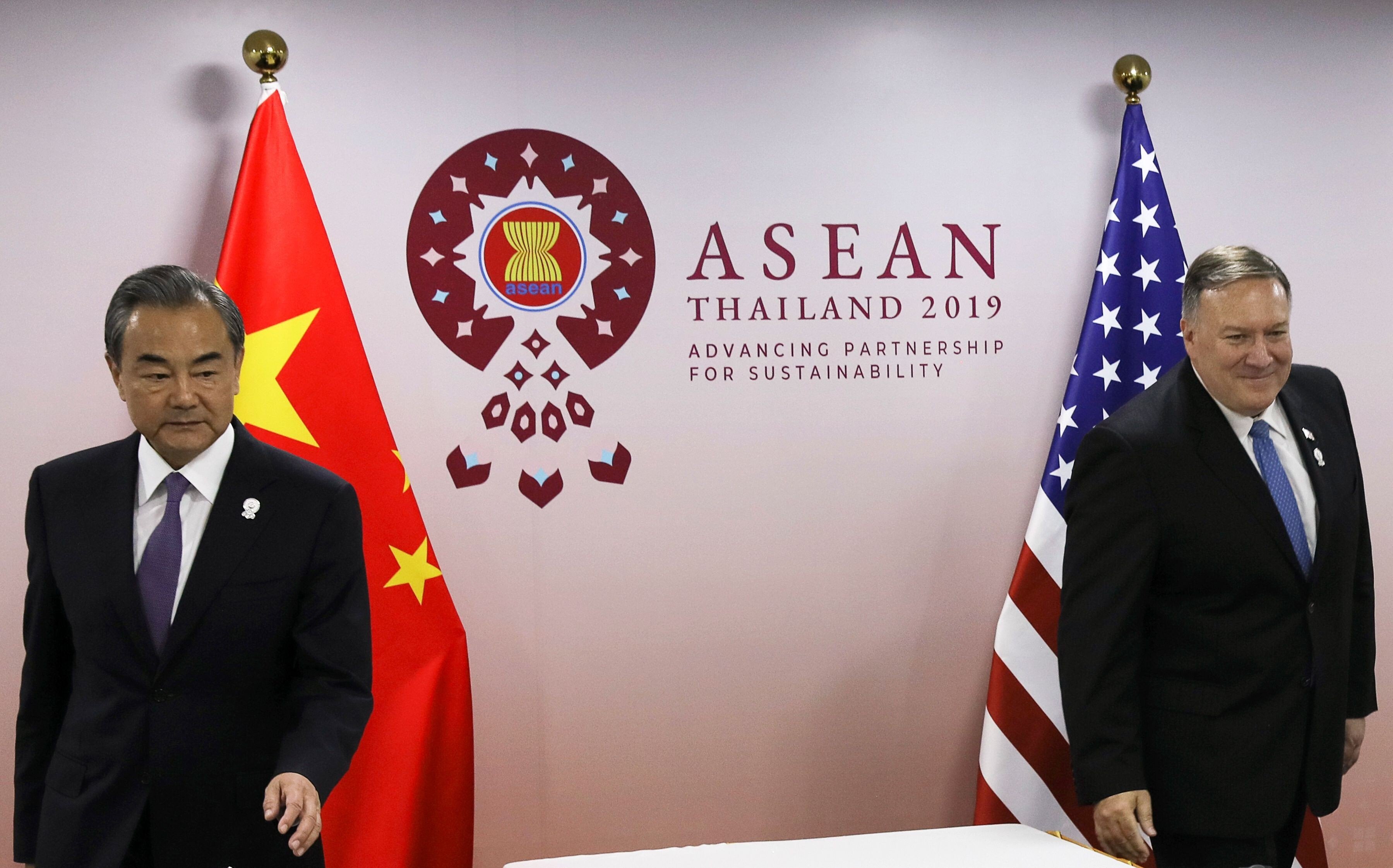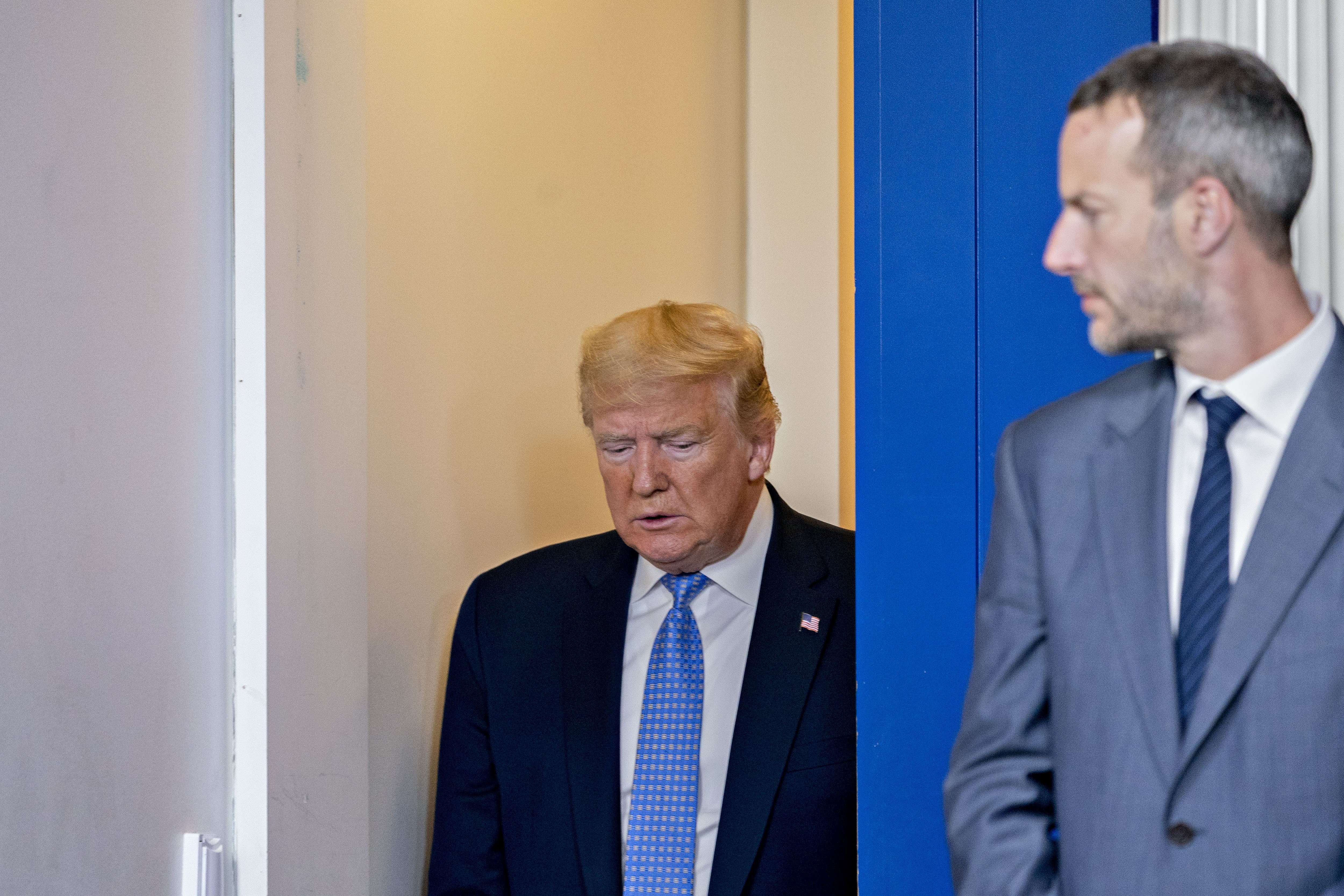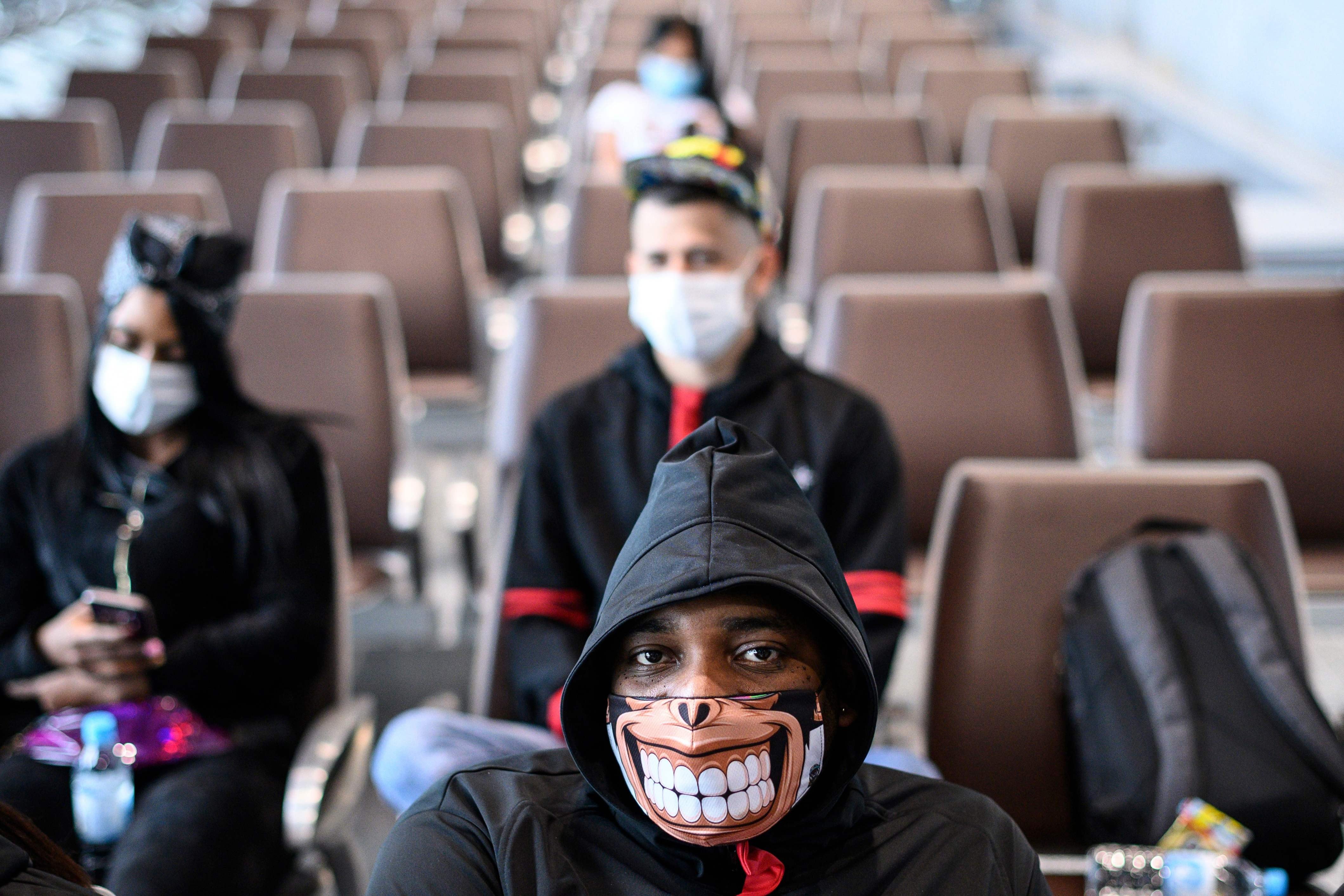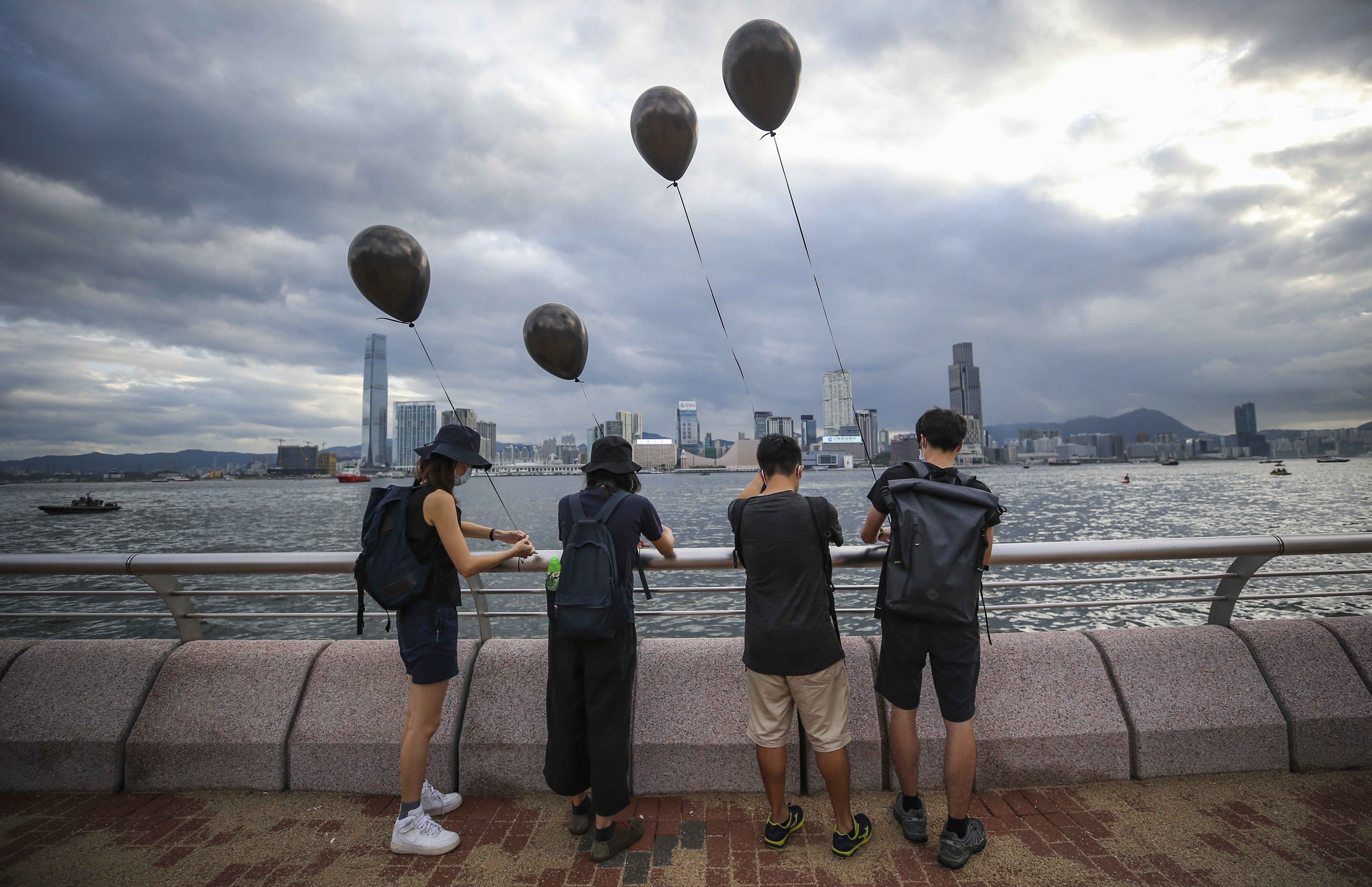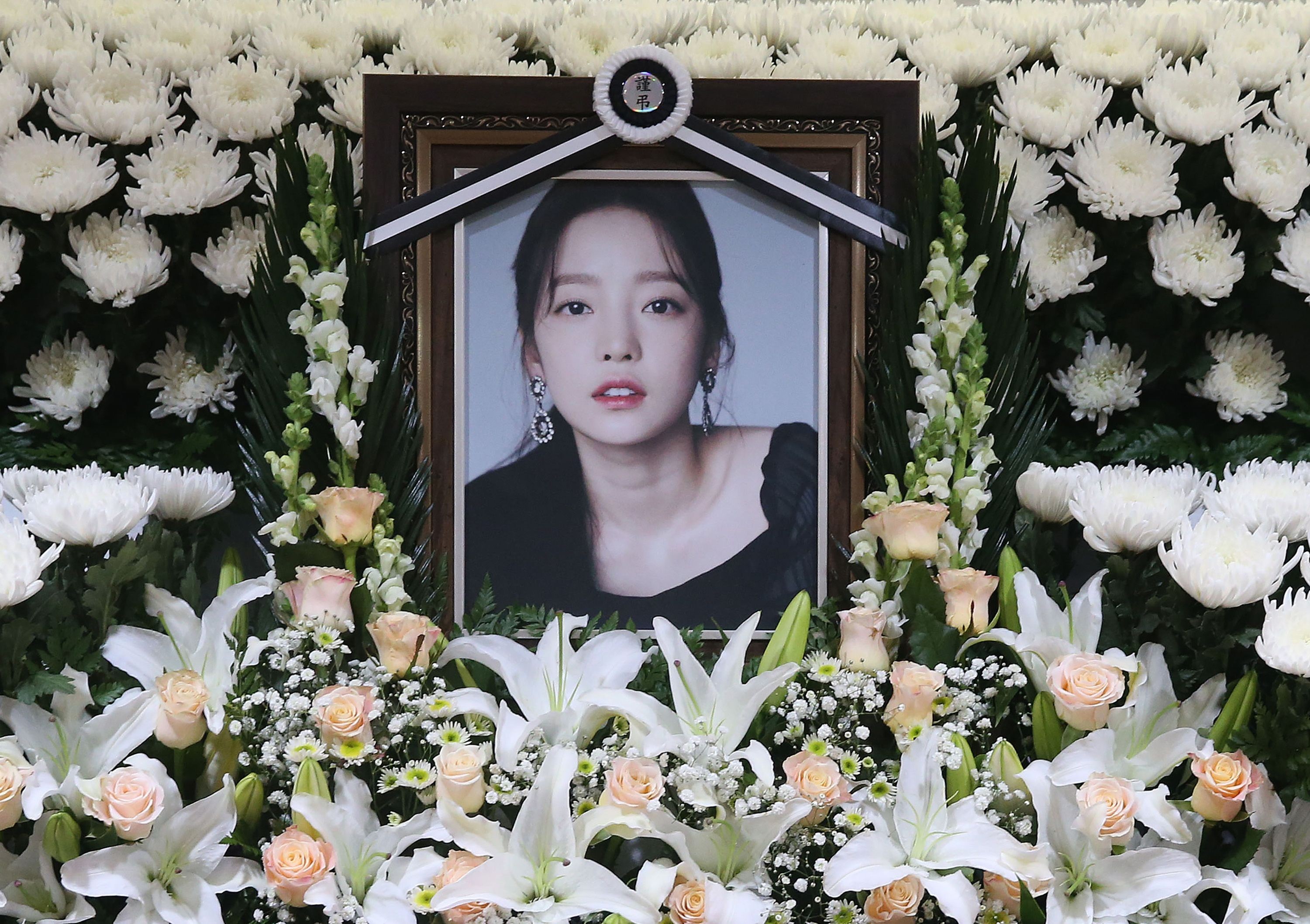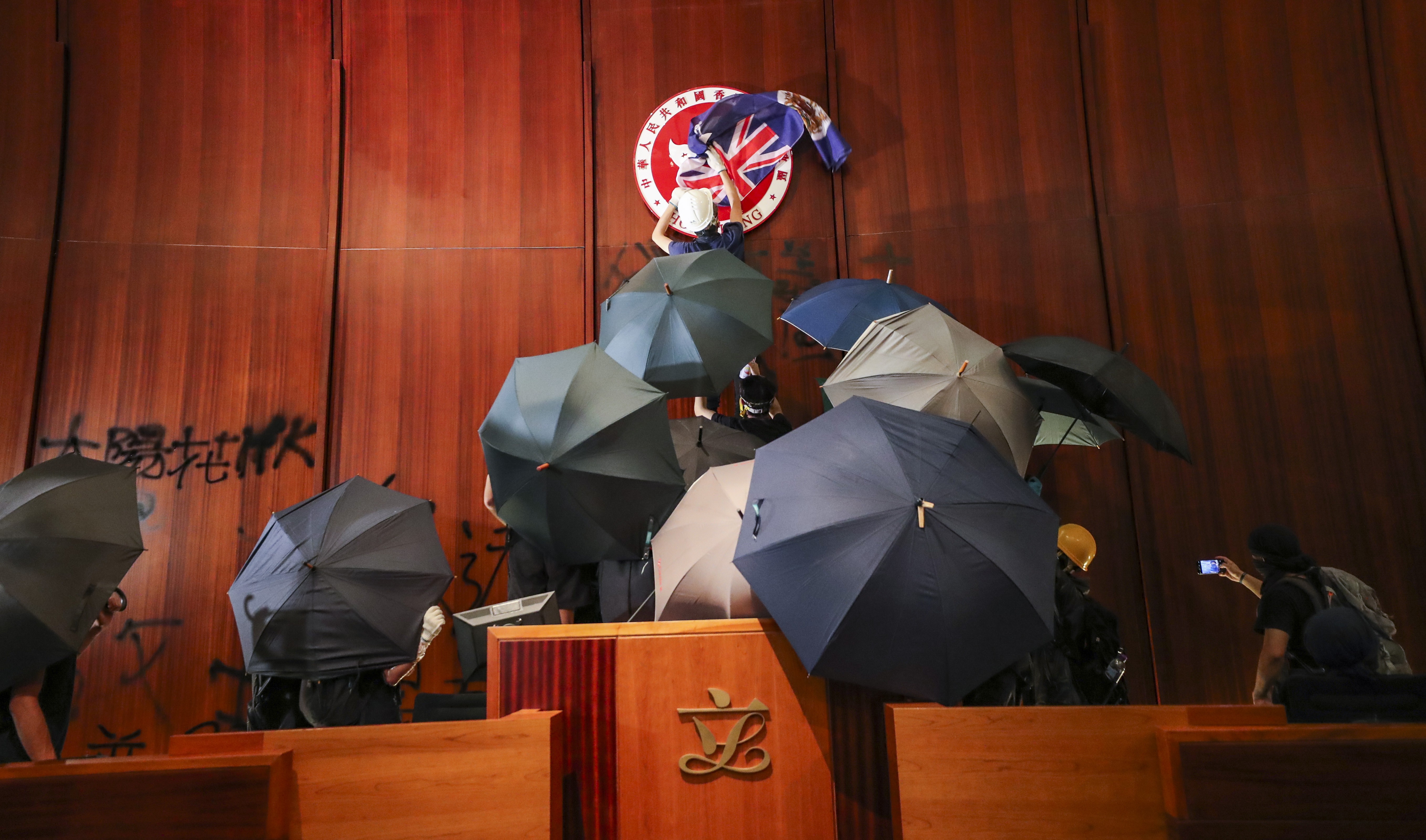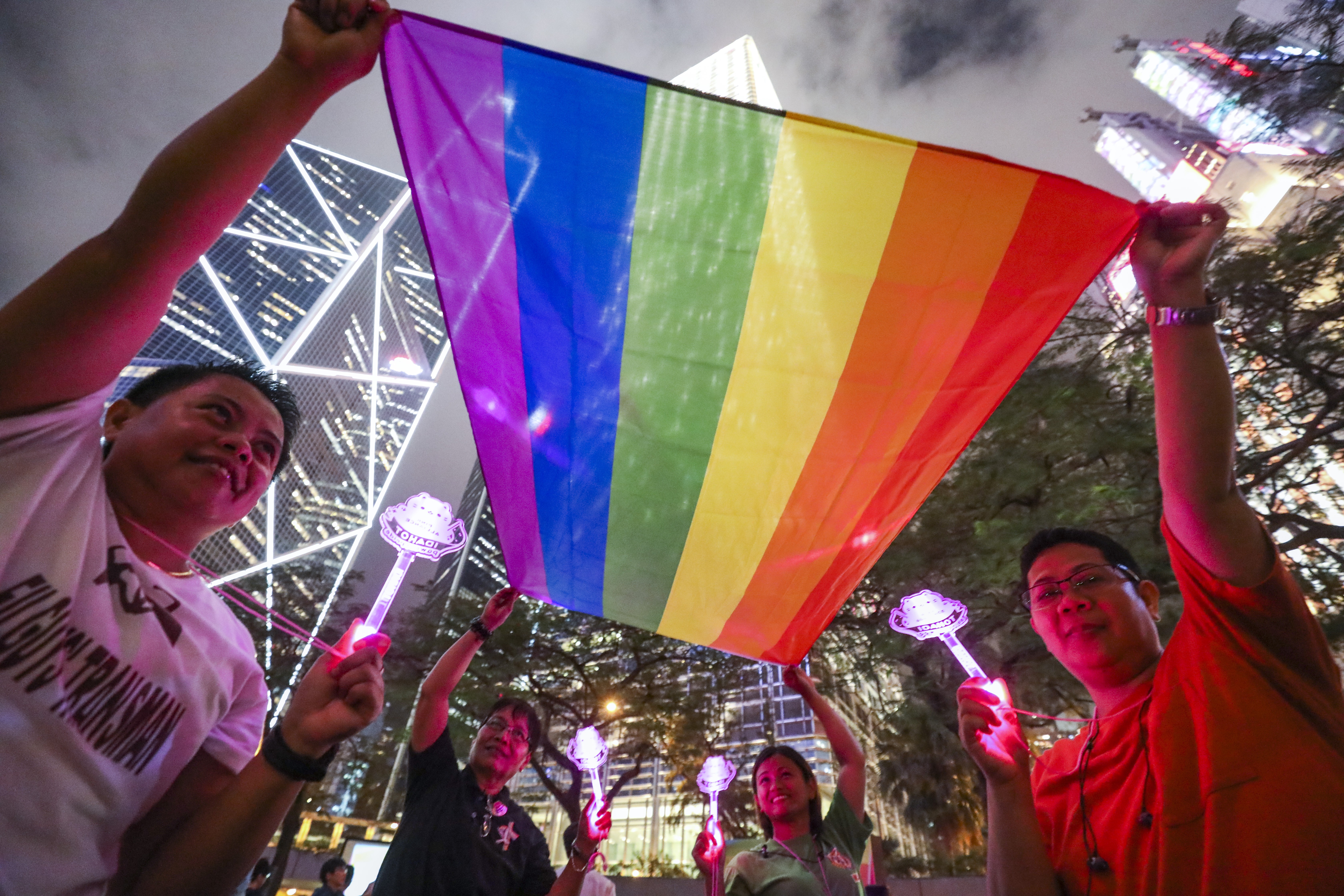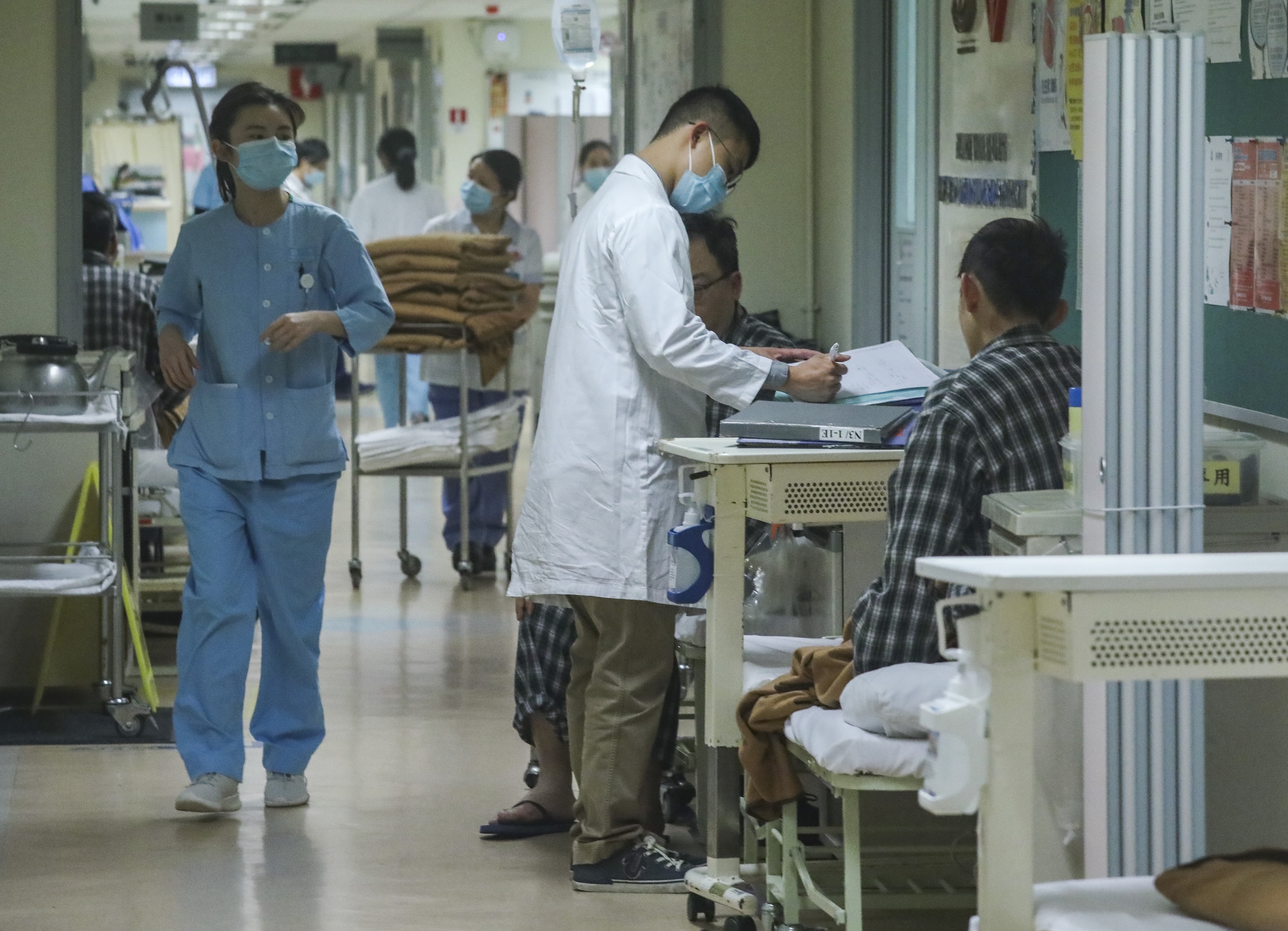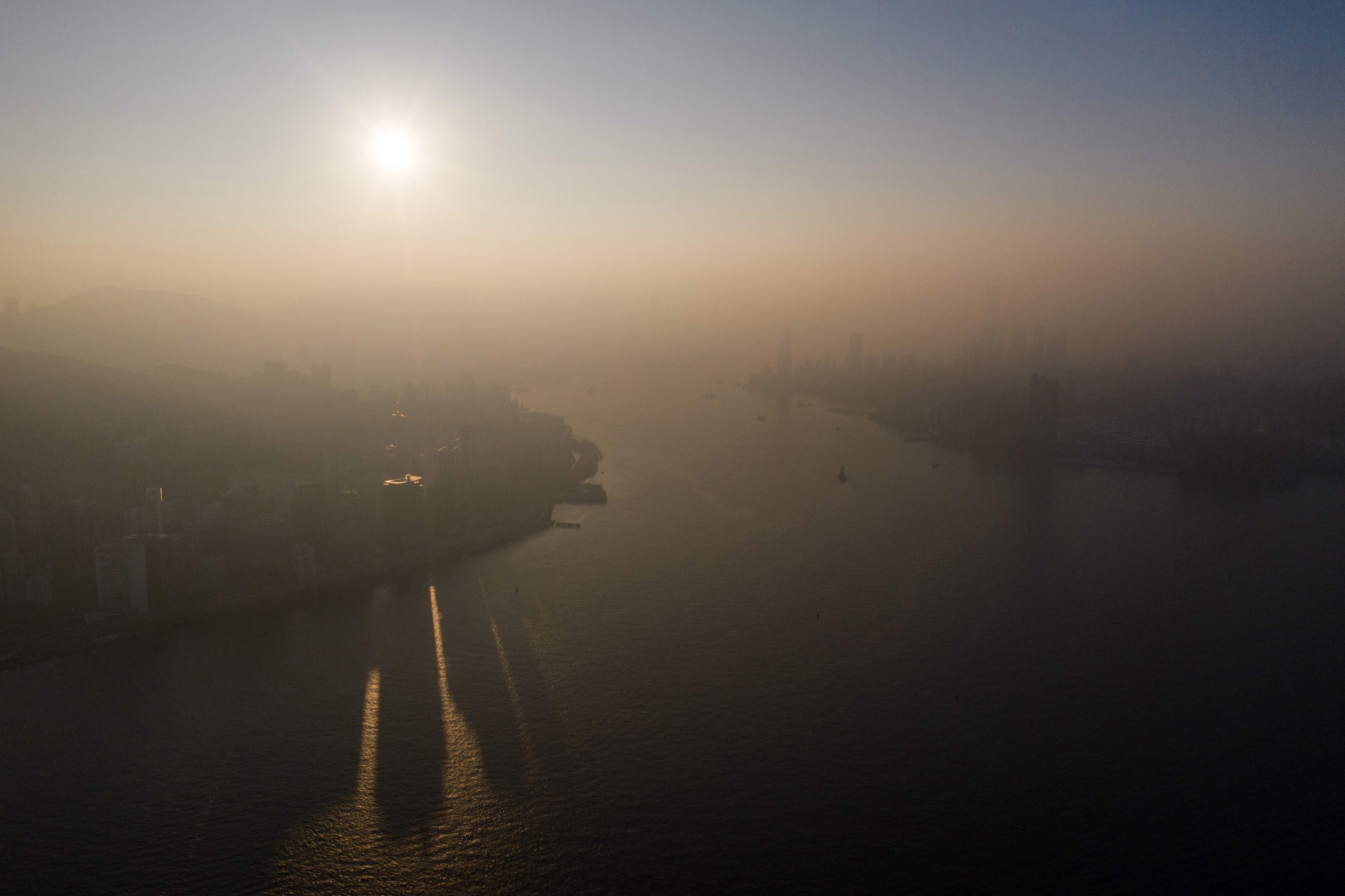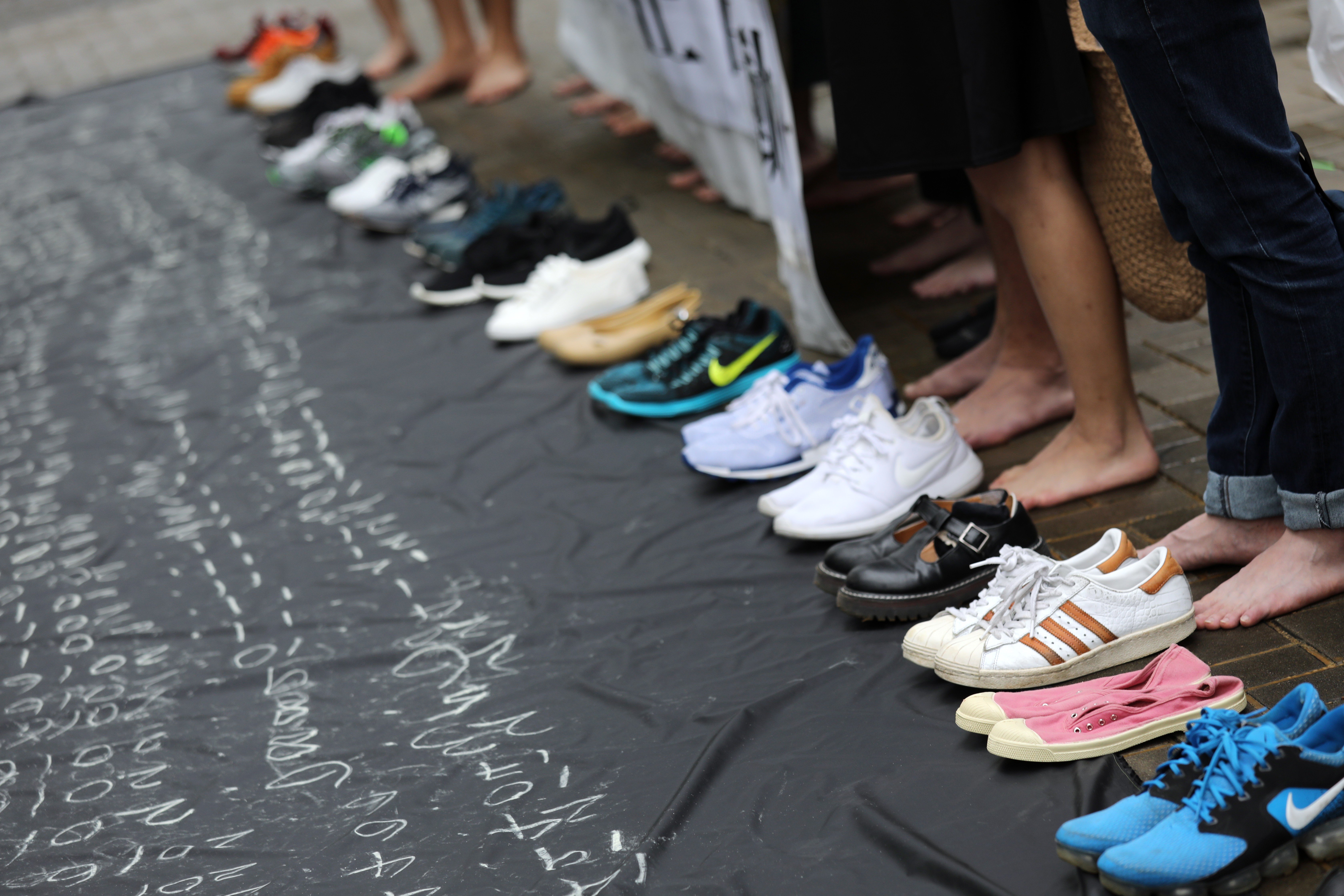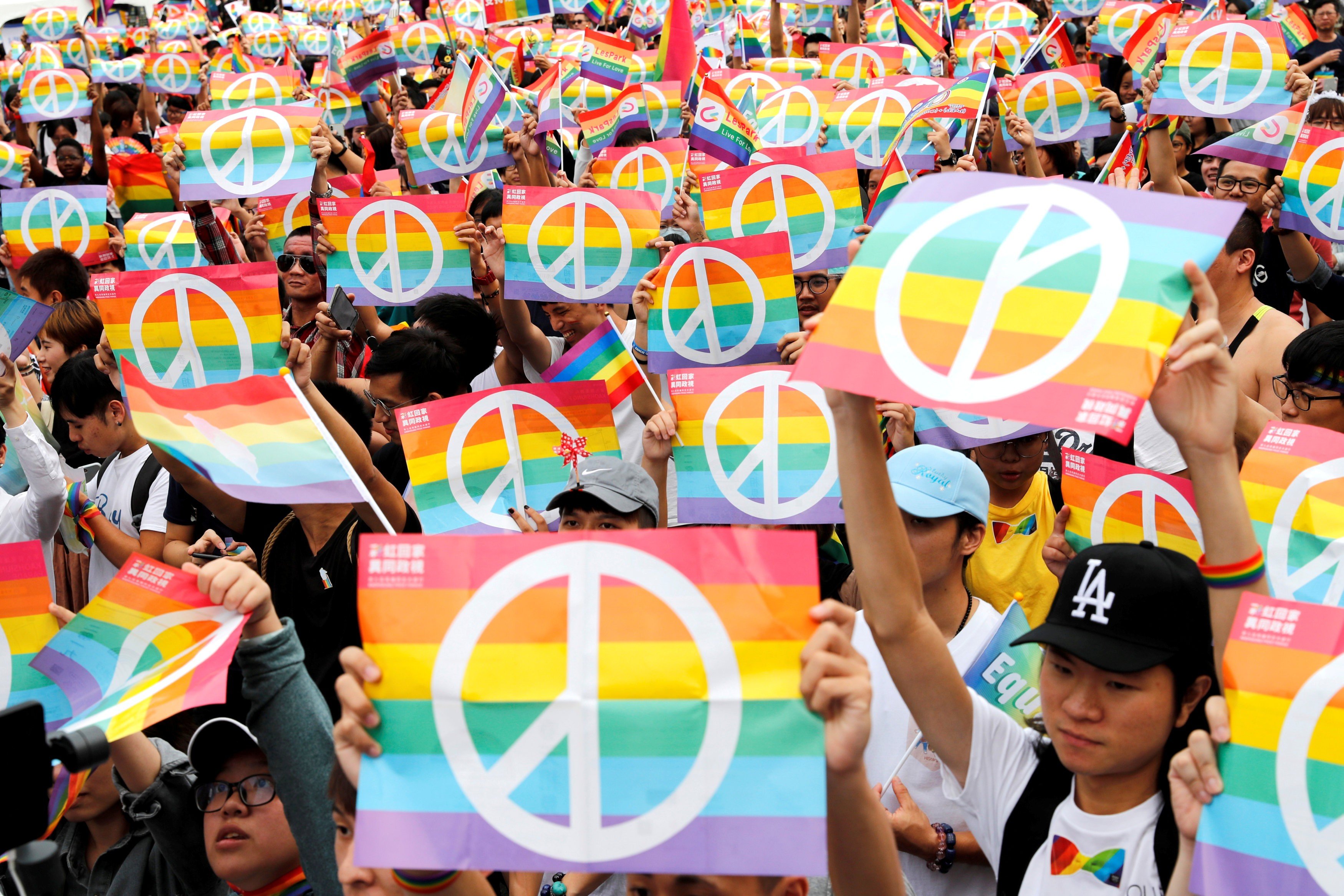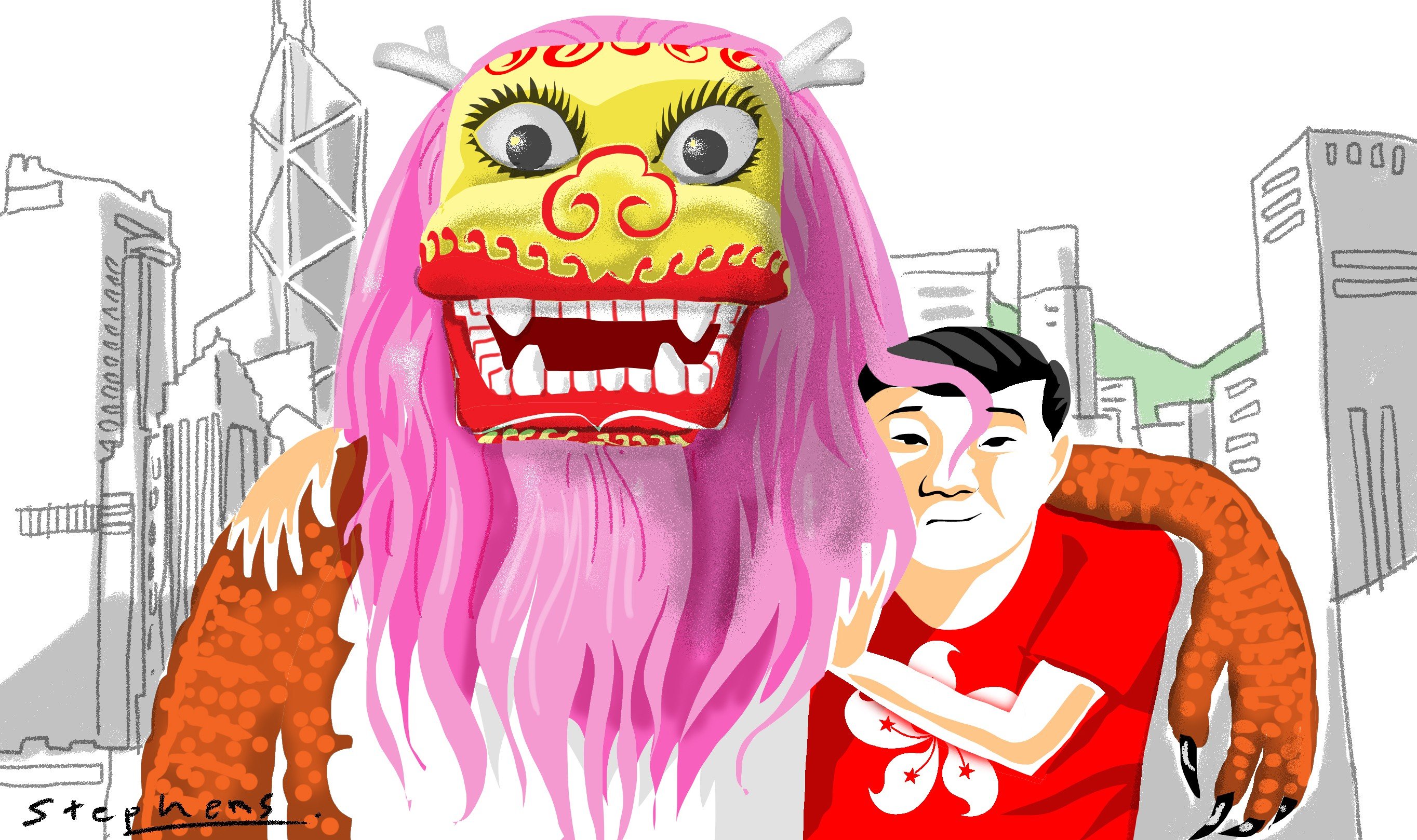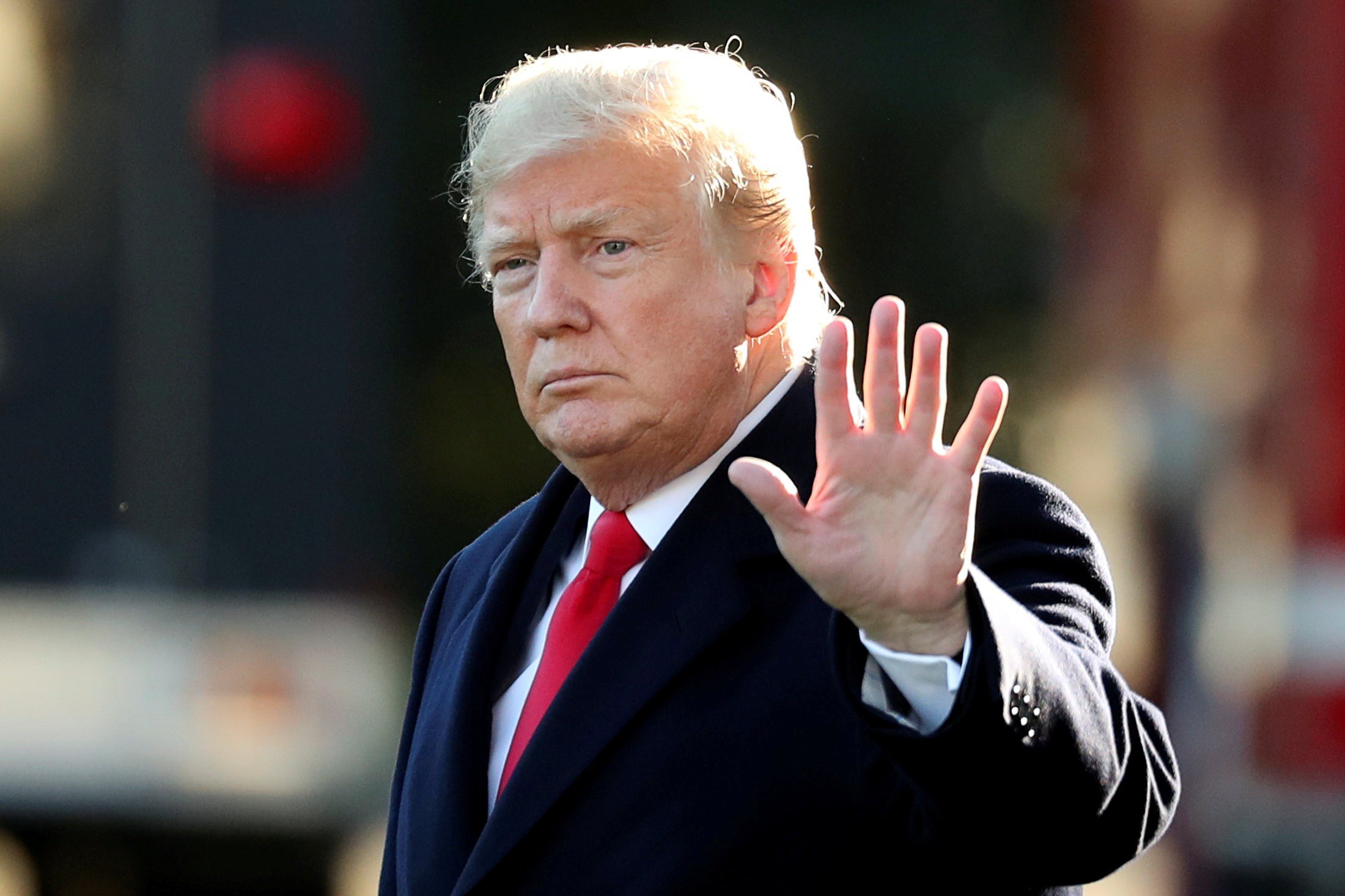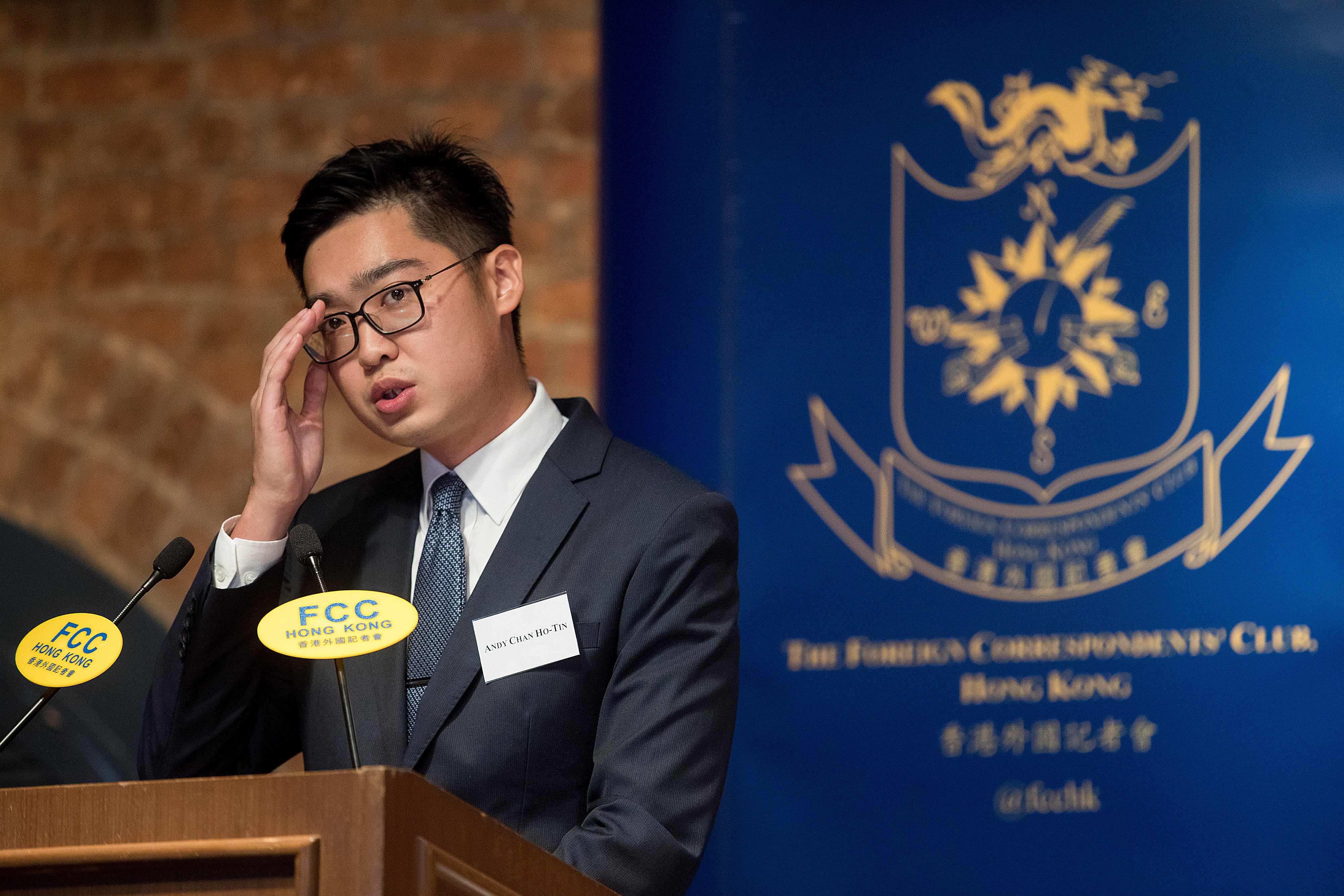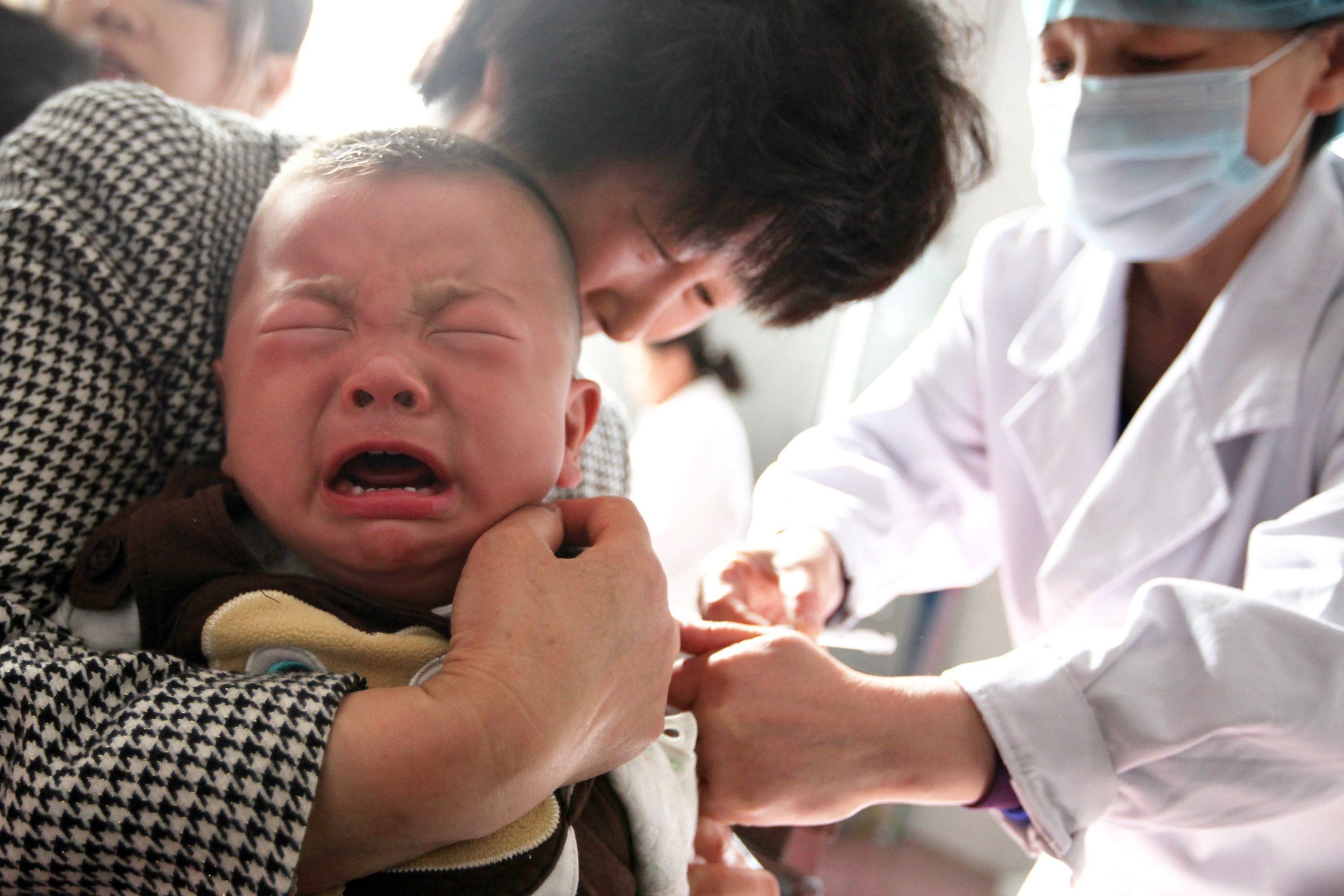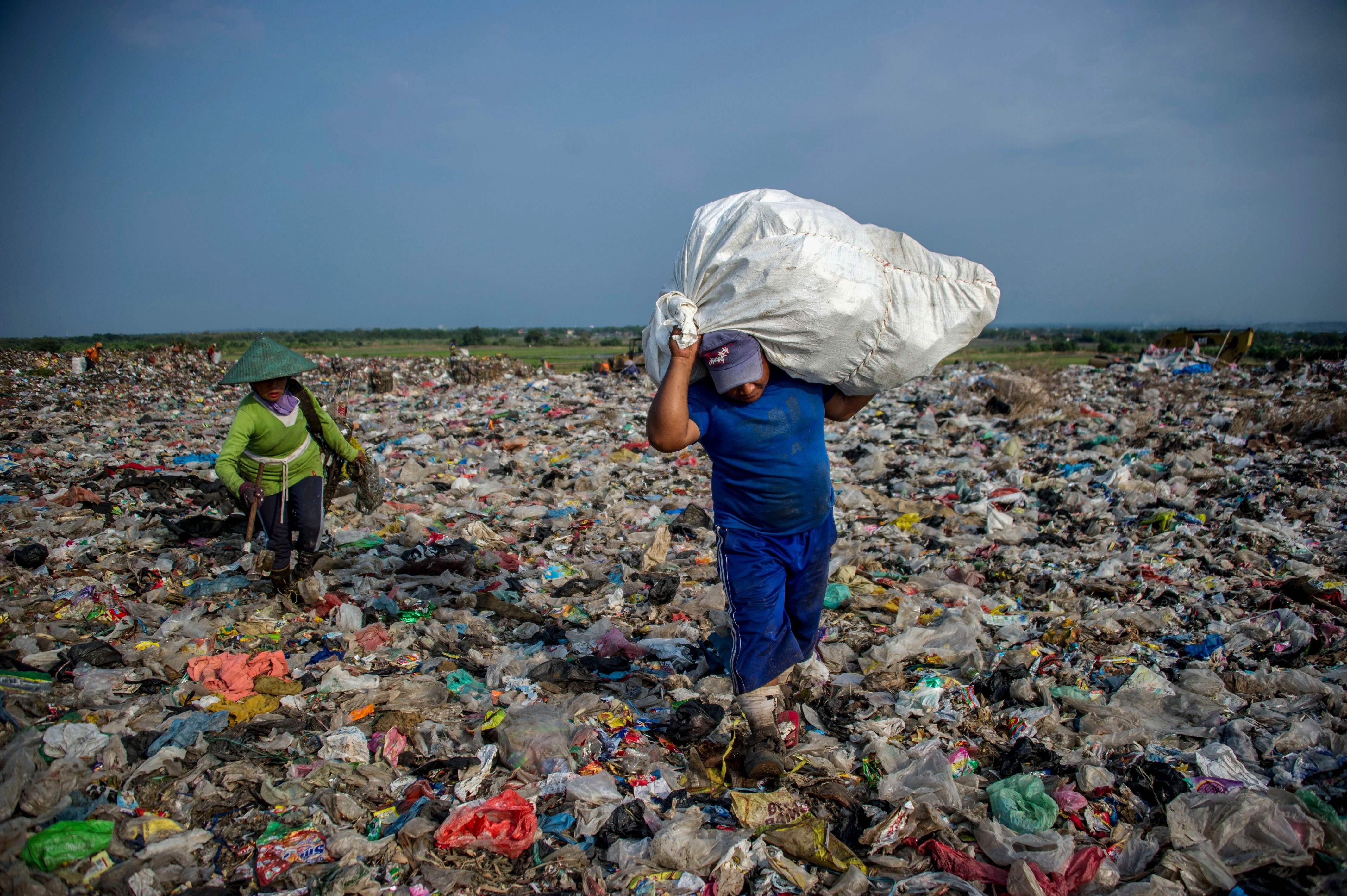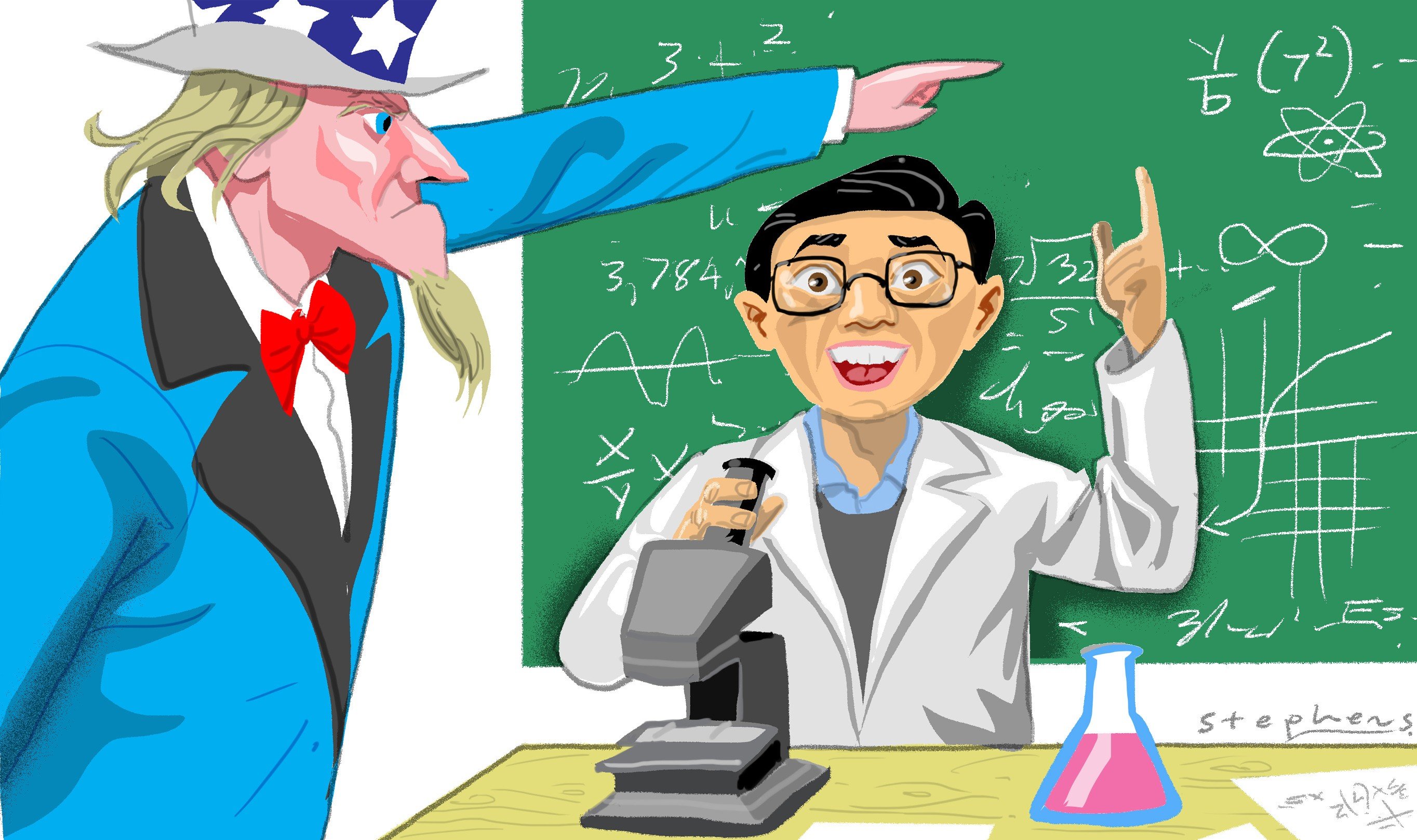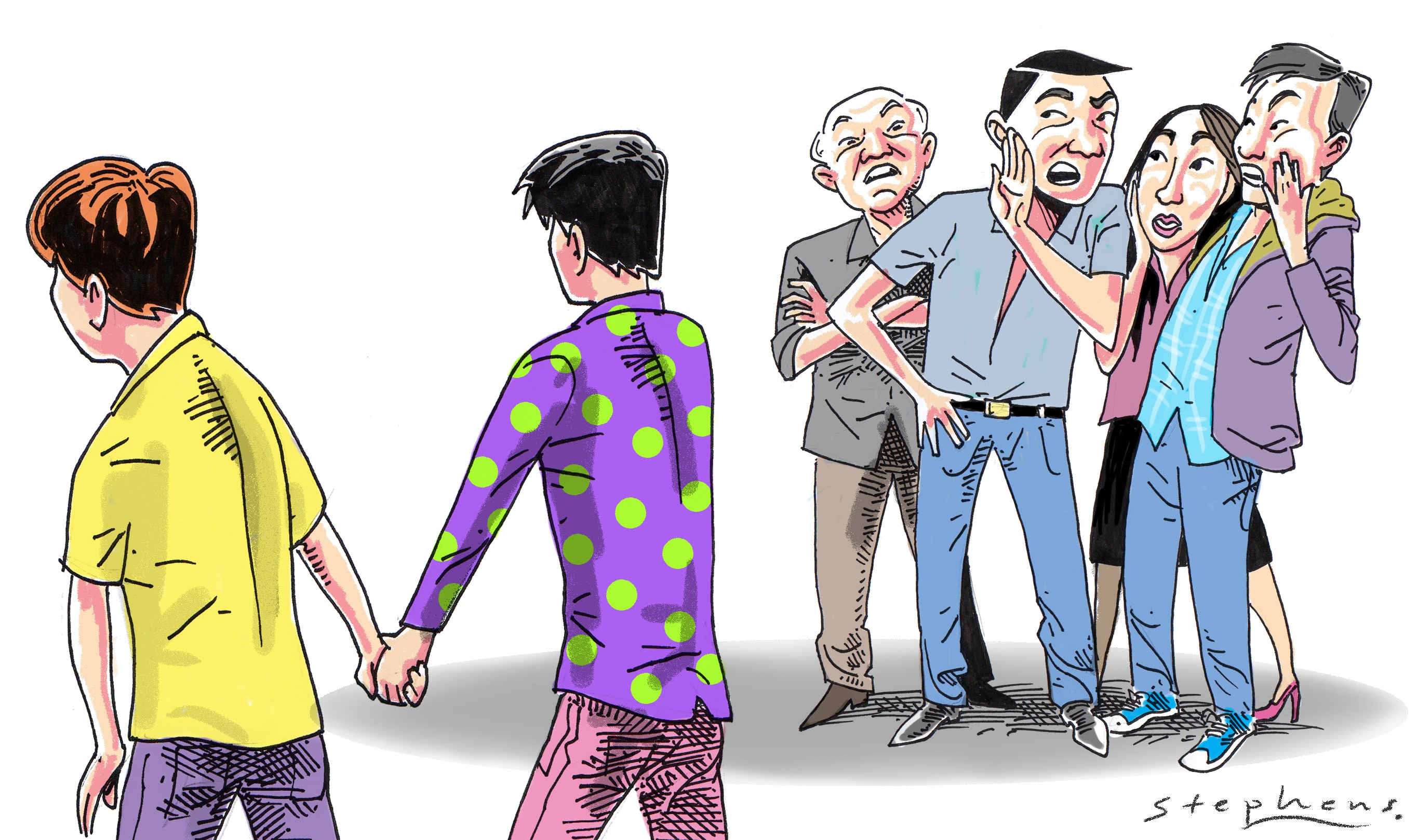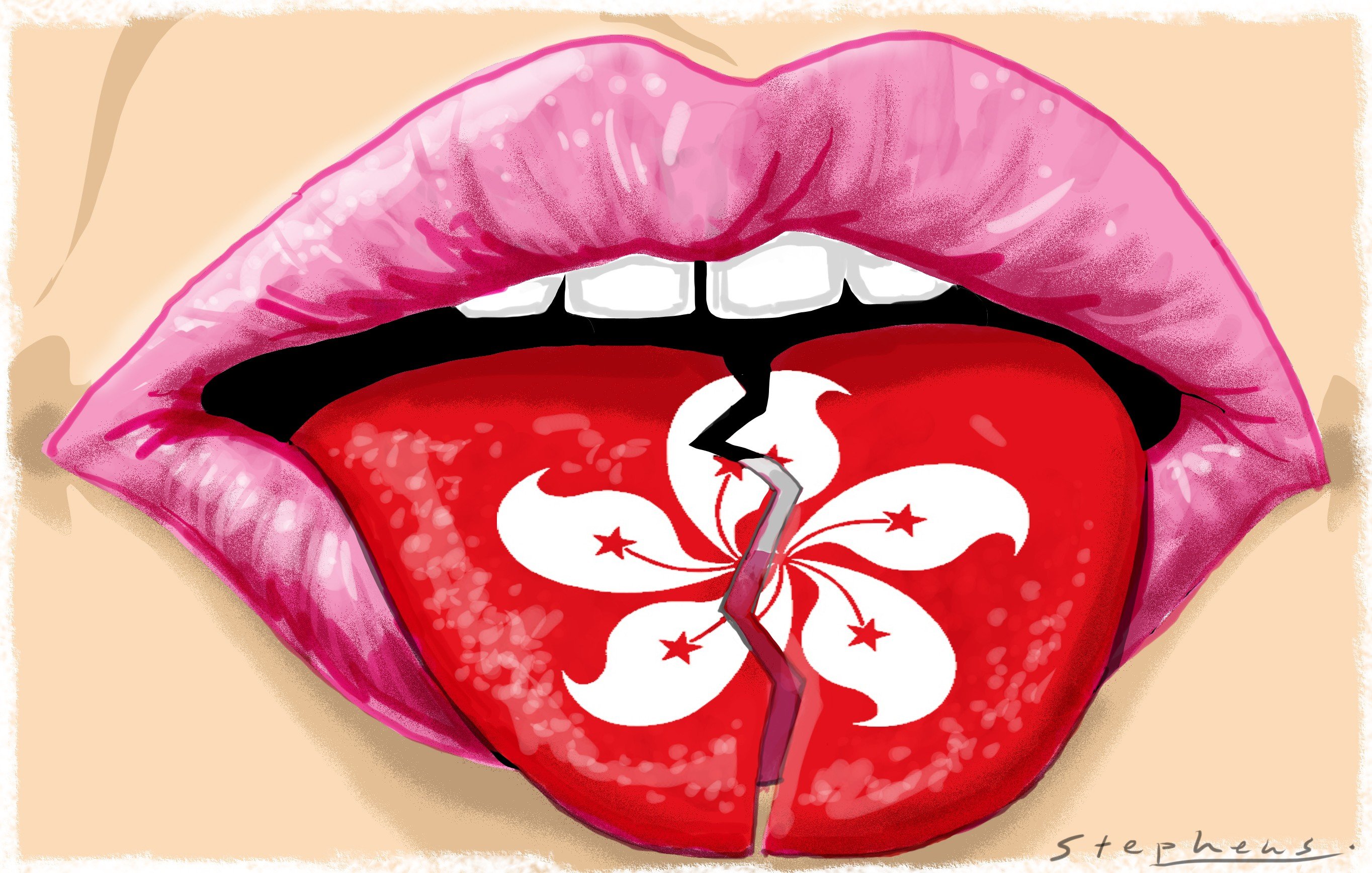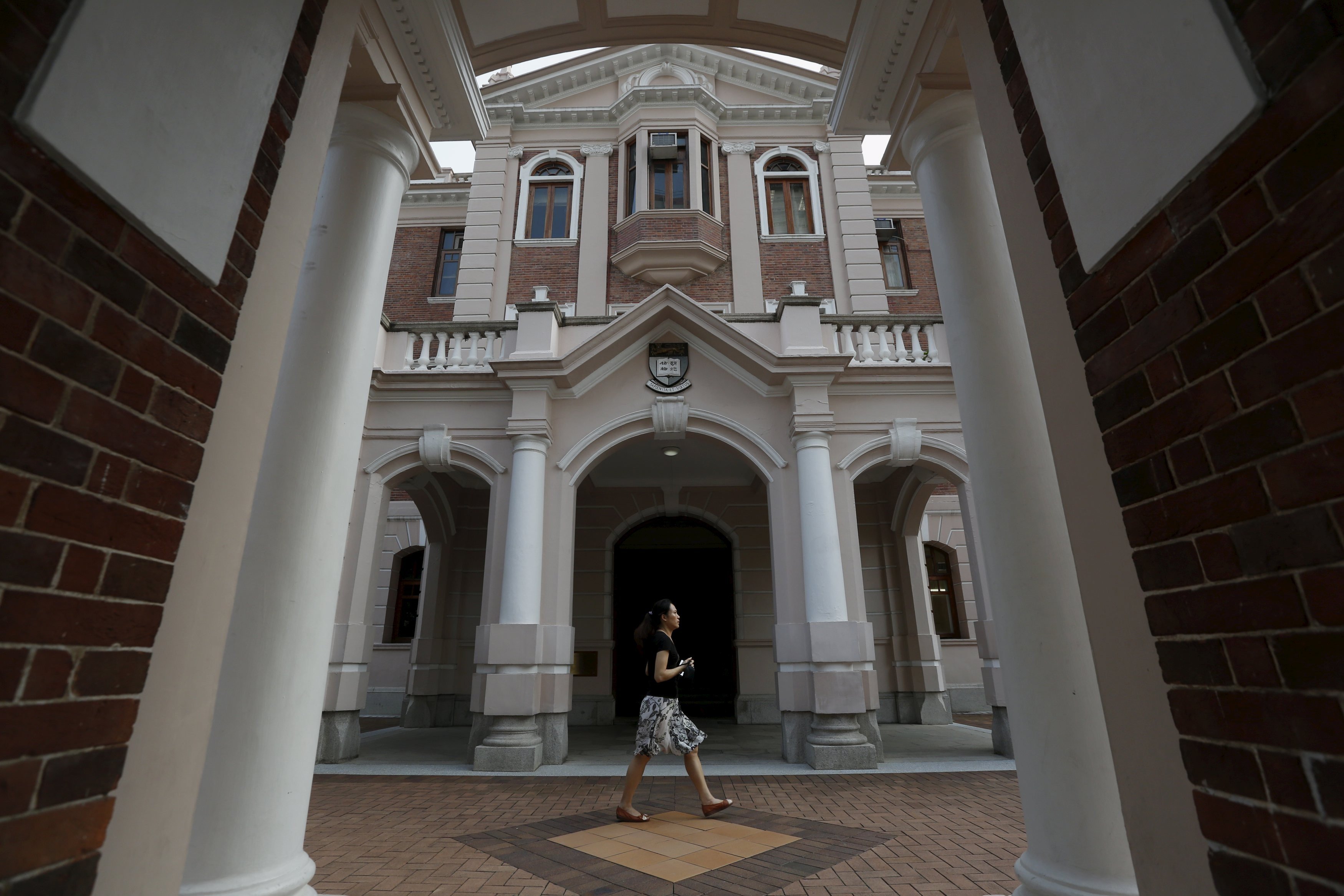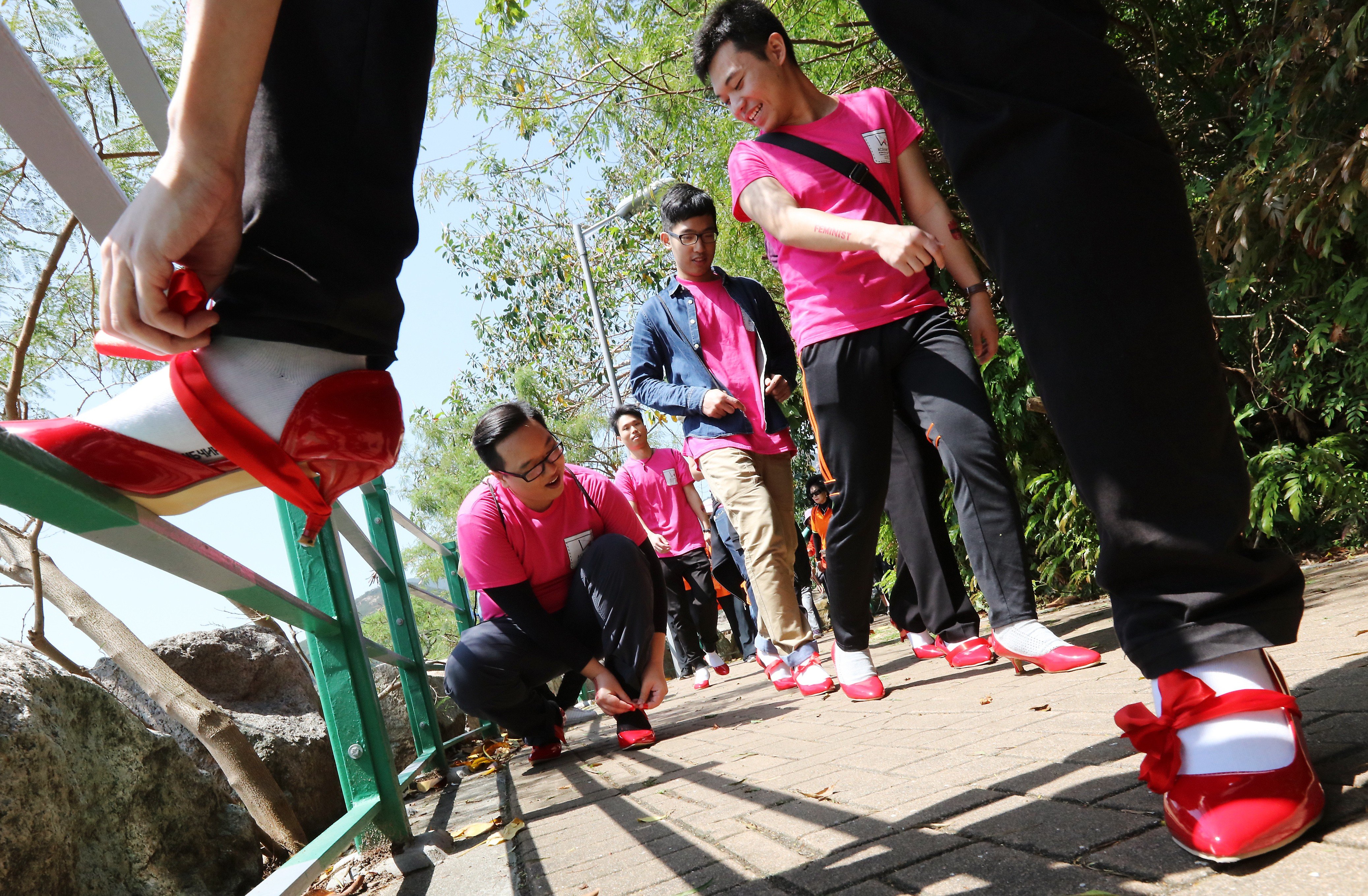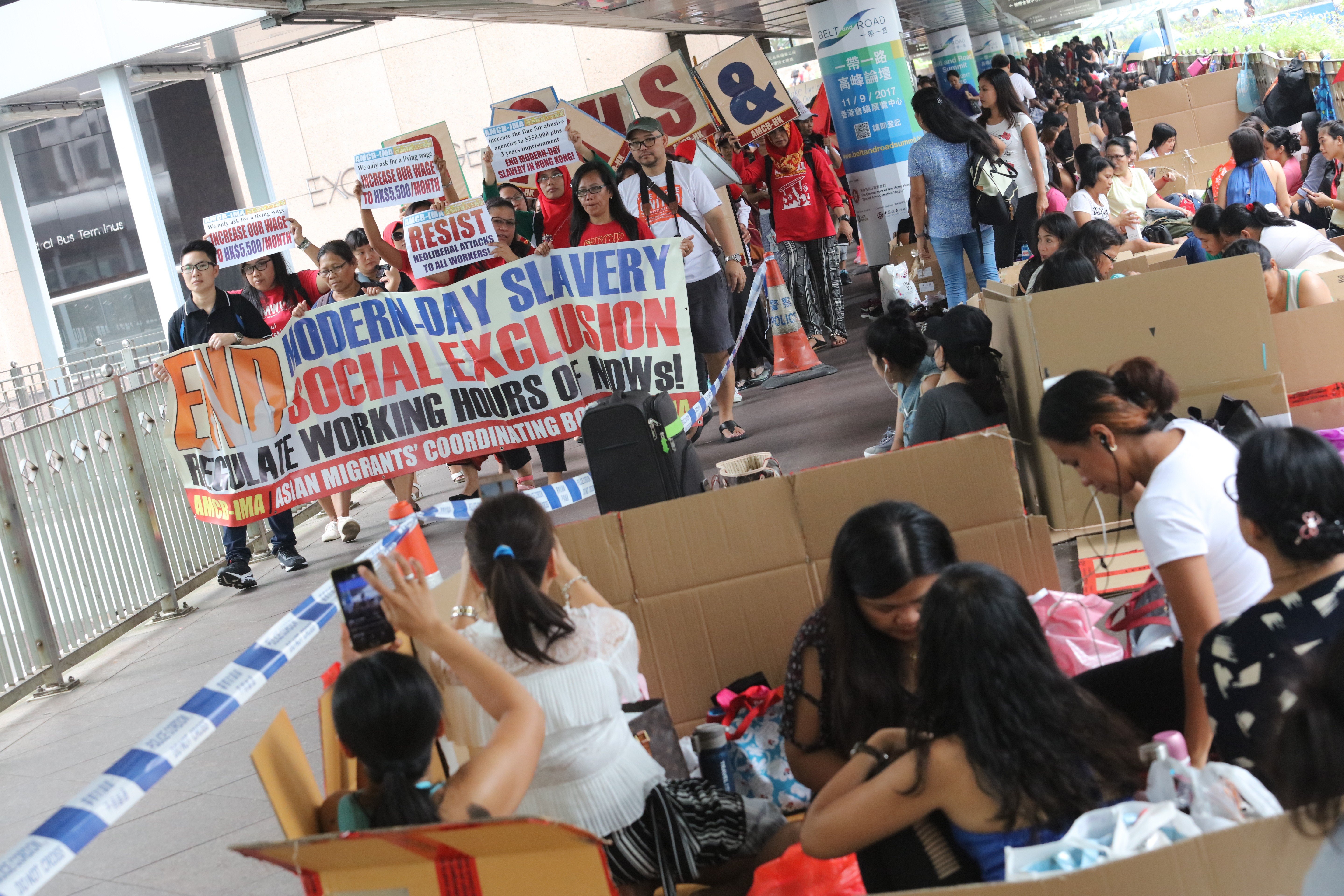
Beijing must heed the lessons of Japan and Brazil, which in earlier decades ran heavily subsidised investment-based economies that collapsed because consumption had been hollowed out.
The impacts of the stress of economic uncertainty, risks to health and restrictions on daily life are likely to last long after the end of the pandemic. Having already been caught ill-prepared by the current wave of Covid-19, Hong Kong cannot afford to ignore its looming mental health crisis.
Beijing cannot afford to jeopardise its international capital flows nor domestic market stability, and besides, its privacy regulations mirror Europe’s data protection rules.
Cryptocurrencies, which threaten state control over currency circulation, have gained traction only because governments were slow to act. With China pushing the US and Europe into action, a digital currency battle is shaping up, and cryptocurrencies will be the losers.
Hong Kong risks its currency being dragged down by the dollar and inflation contagion while its own policy is held back by the peg. The solution is tighter financial regulation and perhaps a new currency peg.
The self-reinforcing nature of discussions within Reddit groups and other platforms leads users to eventually tune out dissident opinions and throw their weight behind conformist ones in search of acceptance from their online community.
All-too-powerful private developers are at the heart of the housing crisis and drastic measures are called for, such as land expropriation or a Hong Kong sovereign wealth fund to compete in the market.
The blow to globalisation dealt by the coronavirus will be exacerbated by US presidential candidates running on protectionist platforms. The result may be a reduction of American influence in Asia, with China gaining ground.
A few good things will come out of the pandemic. A Democrat may well be the next US president and end the trade war with China, which will be in a better position to bargain, having had a lead in tackling the virus and a head start in economic recovery.
Far from a gloomy observation, the fact Covid-19 behaves like Sars should give us hope. After all, we now know about how coronavirus infections cluster, where the hotspots are, and what public health measures are likely to prove effective.
Tourist arrivals are not a good barometer of the state of the economy given that inbound tourism accounts for only 3.7 per cent of GDP. Meanwhile, Hong Kong has been growing in strength and attracting senior personnel in some areas, such as the legal sector.
The deaths of Sulli and Goo Hara are signs of a deep mental health crisis in East Asia that isn’t talked about enough. To combat it requires more community outreach and specialised resources for reaching specific groups.
LGBT minorities must create their own movement in the city, where conservative opposition is strong
More medical residencies, services such as telemedicine and streamlining administrative procedures would reduce the stress on Hong Kong’s public hospitals.
Aside from the current measures, Hong Kong needs scientifically tested ideas that have worked elsewhere, such as green rooftops and energy-generating pavements. Pollution is a public health crisis that requires urgent attention.
Though stress is often dismissed as an individual problem, studies on its characteristics show it is a huge public health danger. Stress builds up silently, induces destructive emotions and behaviour, and can even change genes.
Demographic and political barriers, like Taiwan’s low fertility rate and voter unhappiness, are blocking the legalisation of same-sex marriage. There are lessons for Hong Kong, and the rest of Asia: more has to be done to lay the groundwork for progress.
Hongkongers’ worry of losing their separate identity is misplaced, as no culture can be frozen in time, particularly in a globalised world.
Donald Trump and the Republican Party are likely to be given a rebuke in the midterm elections, and the trade war fallout may doom his reelection.
Asians need to stop quibbling over whether the representation of Asians in the film is fair. The real problem is we believe the myth that Hollywood is the arbiter of cultural representation.
Separatist movements have historically exacted a high price and there are far less drastic ways to ensure that Hong Kong preserves its identity and culture.
While the bout of Chinese soul-searching in the wake of the recent vaccine scandal is understandable, social science research actually shows a China with a healthy respect for modern cosmopolitan values.
People should focus on collectively holding governments and large corporations responsible for environmental degradation, rather than on lifestyle changes at the individual level that have a tiny impact.
The Trump administration’s anti-Chinese and anti-science biases are producing policies and a working environment that are pushing away talent in research and development, and it is China that will benefit.
The cutbacks in government funding for HIV prevention and treatment in the face of rising infection rates among gay men point to an unpalatable truth: discrimination against sexual minorities is tolerated in Hong Kong.
Taiwan’s experience with the ‘re-Sinicisation’ policies of Chiang Kai-shek’s time shows how such cultural oppression will only lead to hatred, and an awakening of local identity.
The world’s best universities don’t admit students based on their grades alone. So why does Hong Kong persist with the fallacy?
It’s important to give more opportunities for women to speak out about the abuse they’ve encountered and to resist sexist expectations, but men should also know it’s OK to be caring, and to reveal their own stories of abuse.
Hong Kong people’s racial prejudice against Filipino and Indonesian workers must give way, especially in the face of evidence that race is essentially a fiction.

